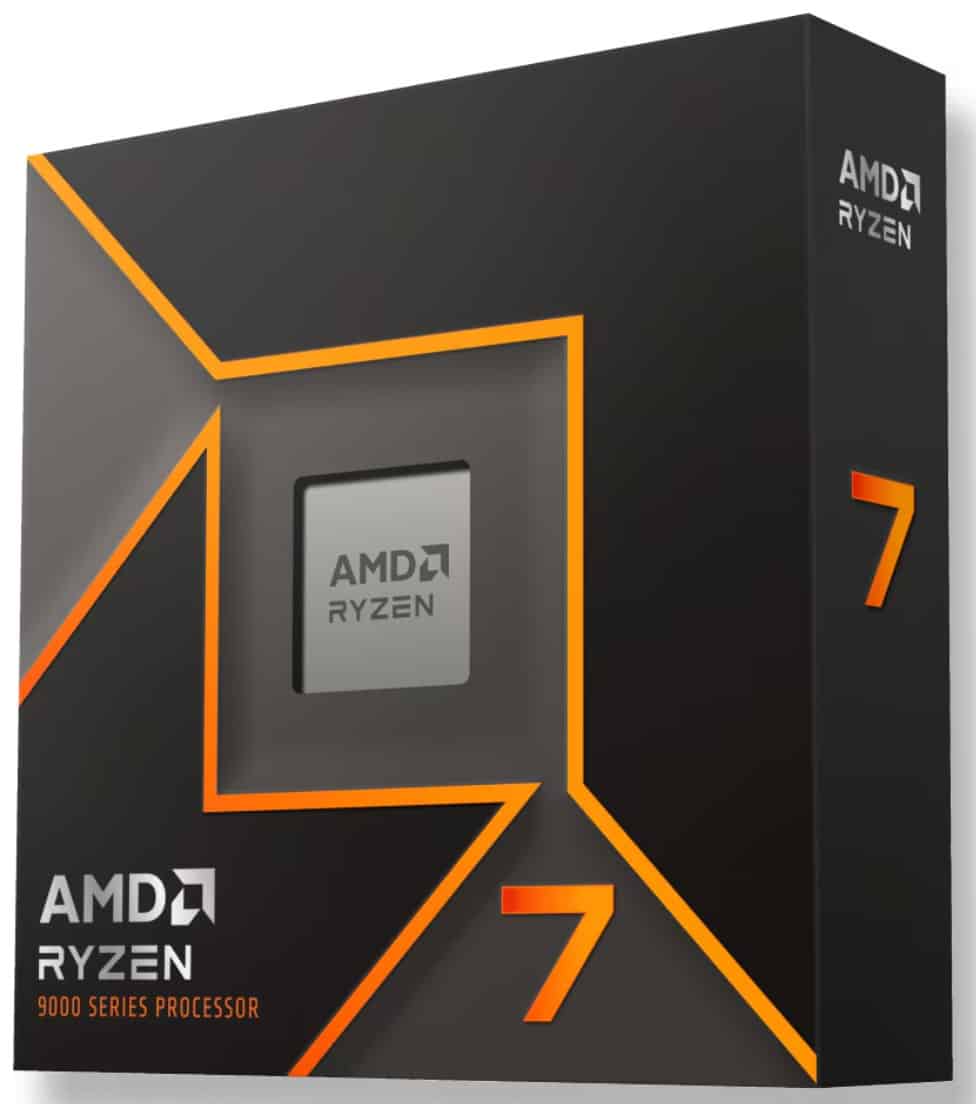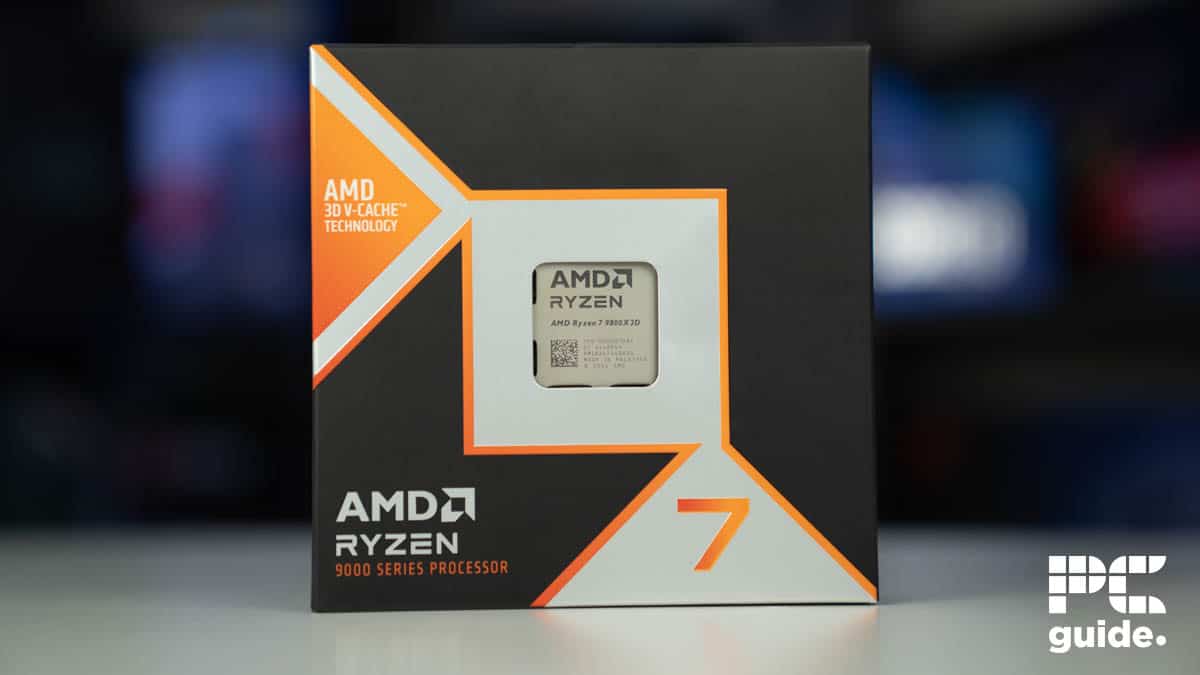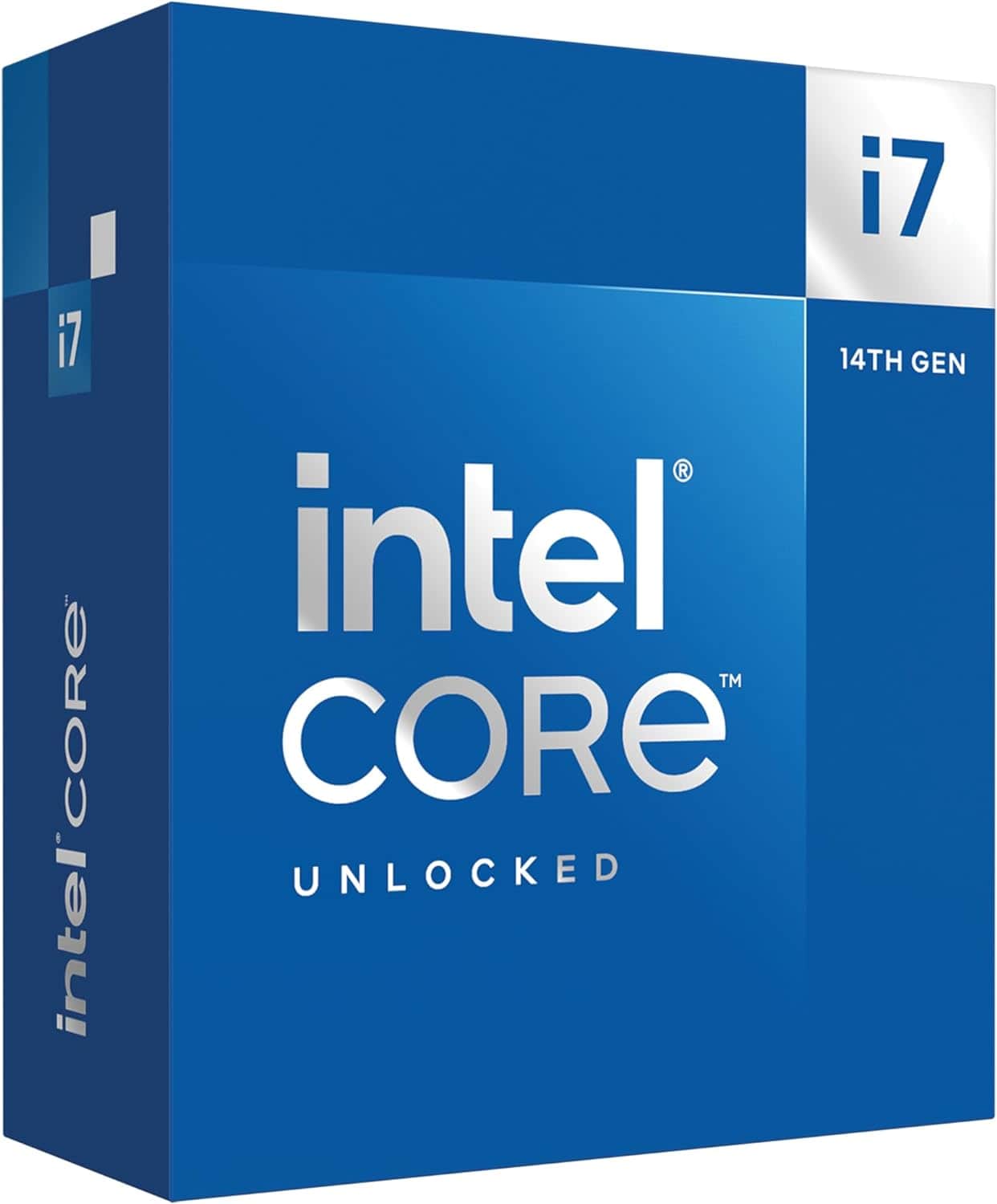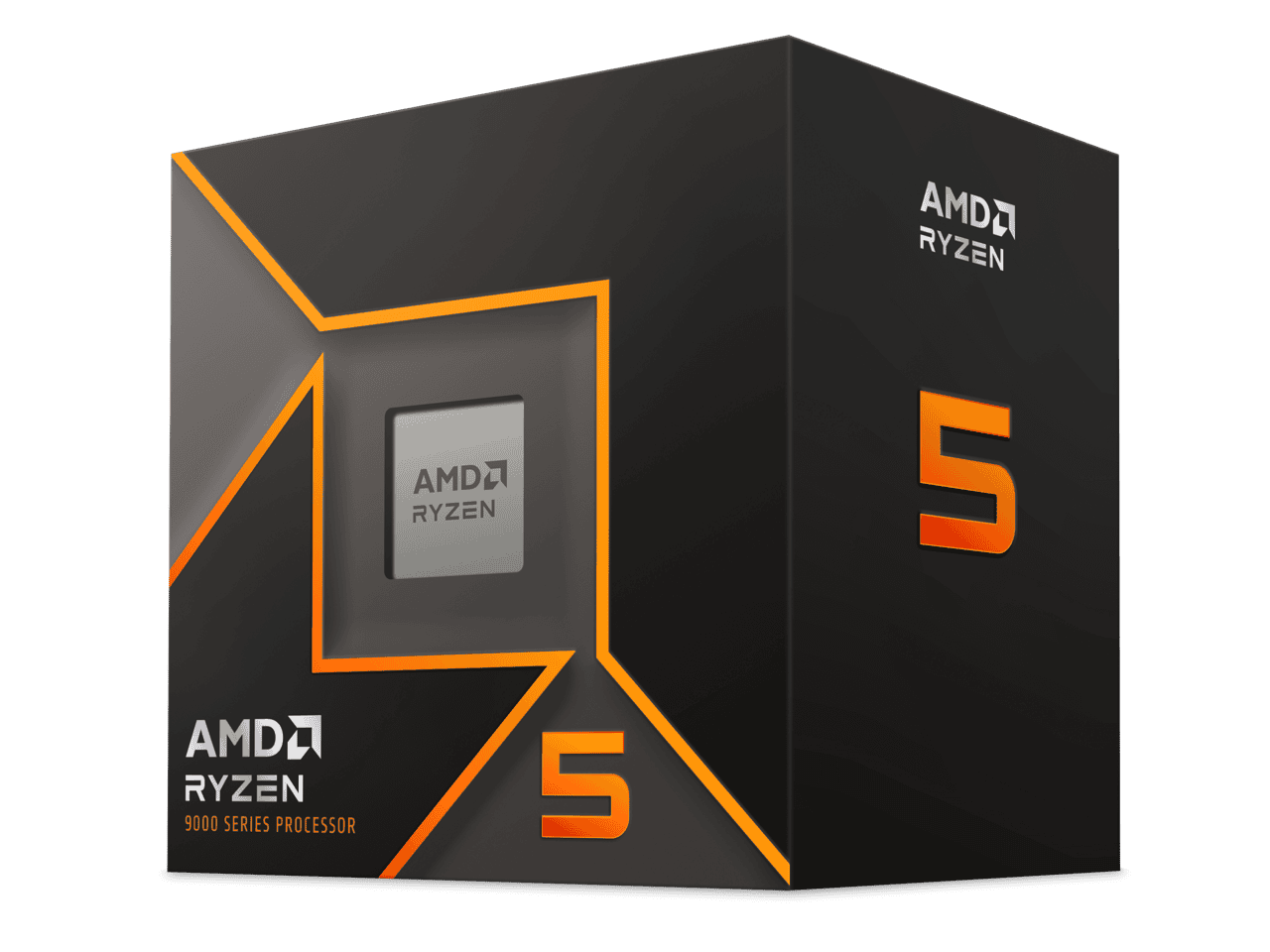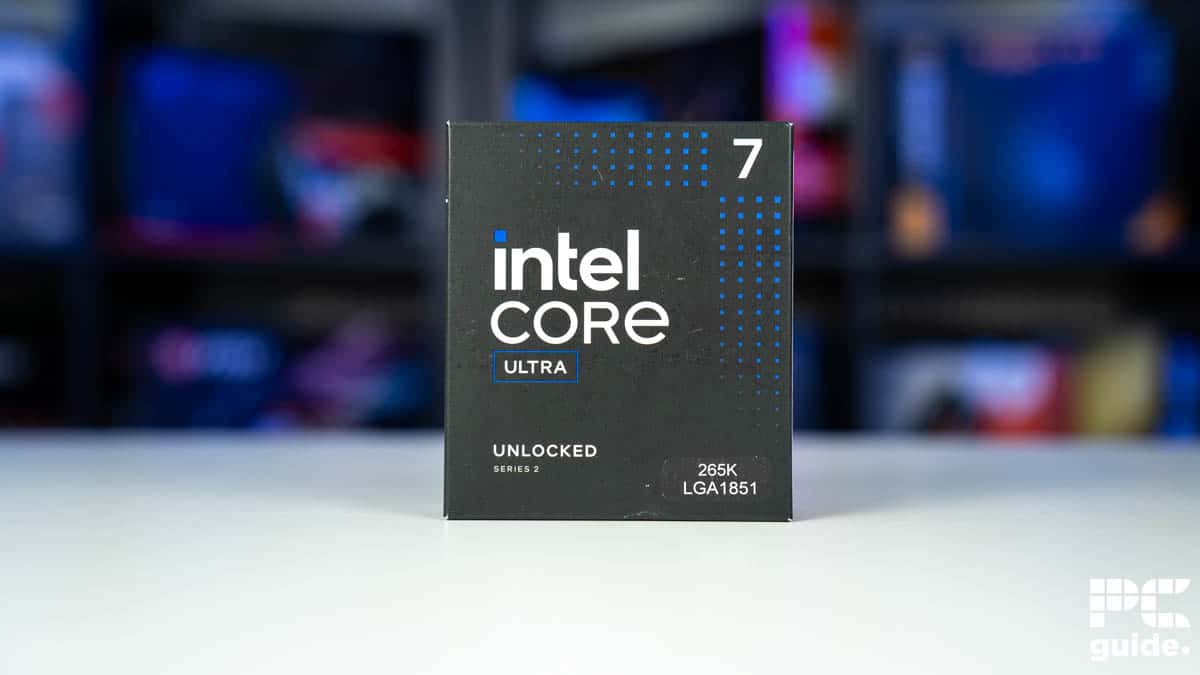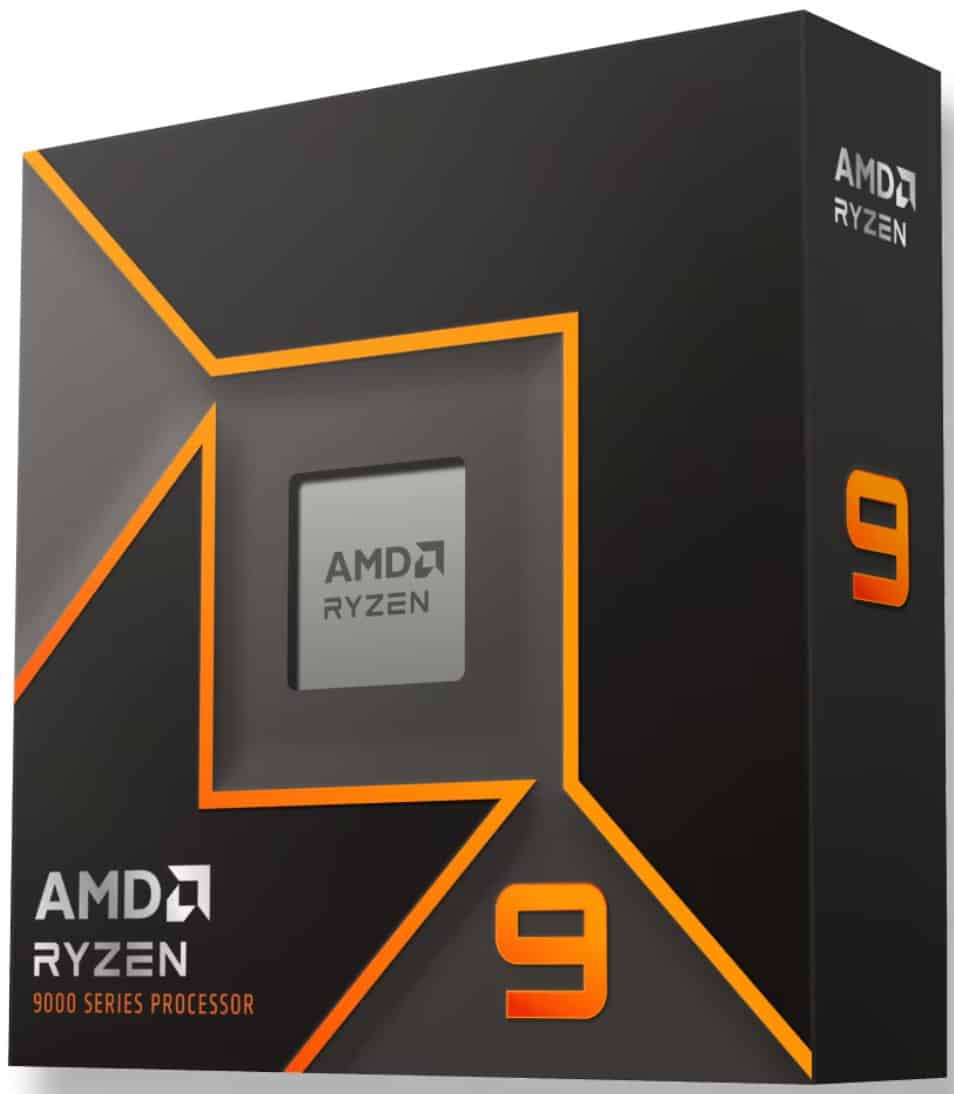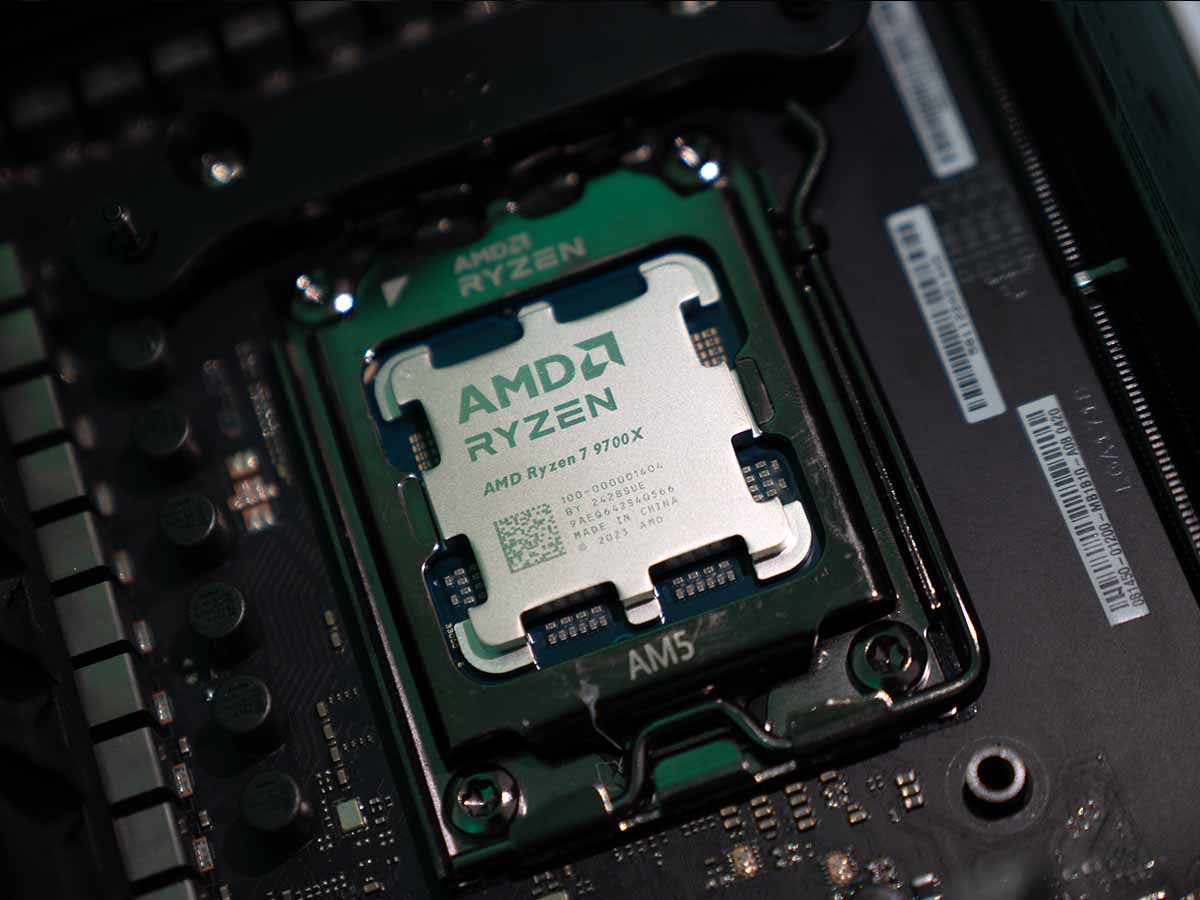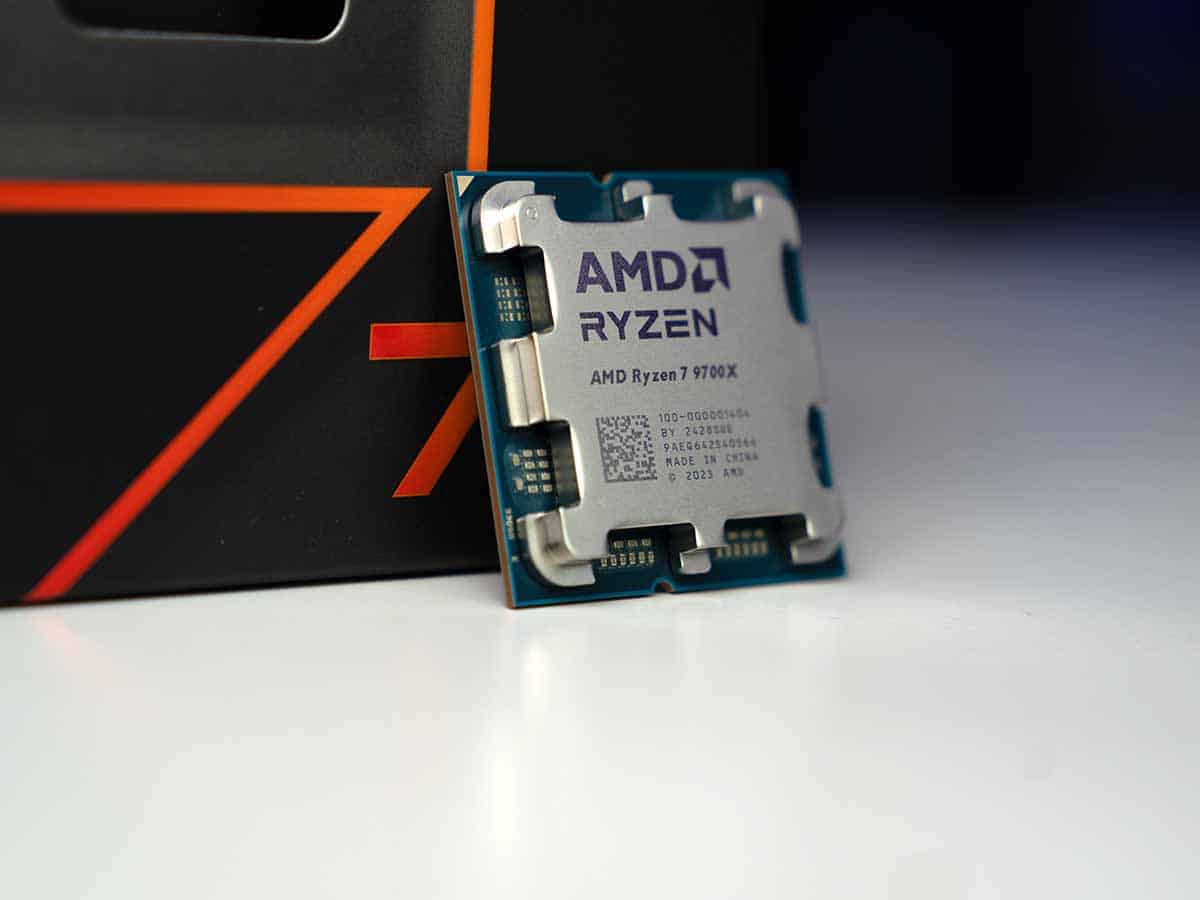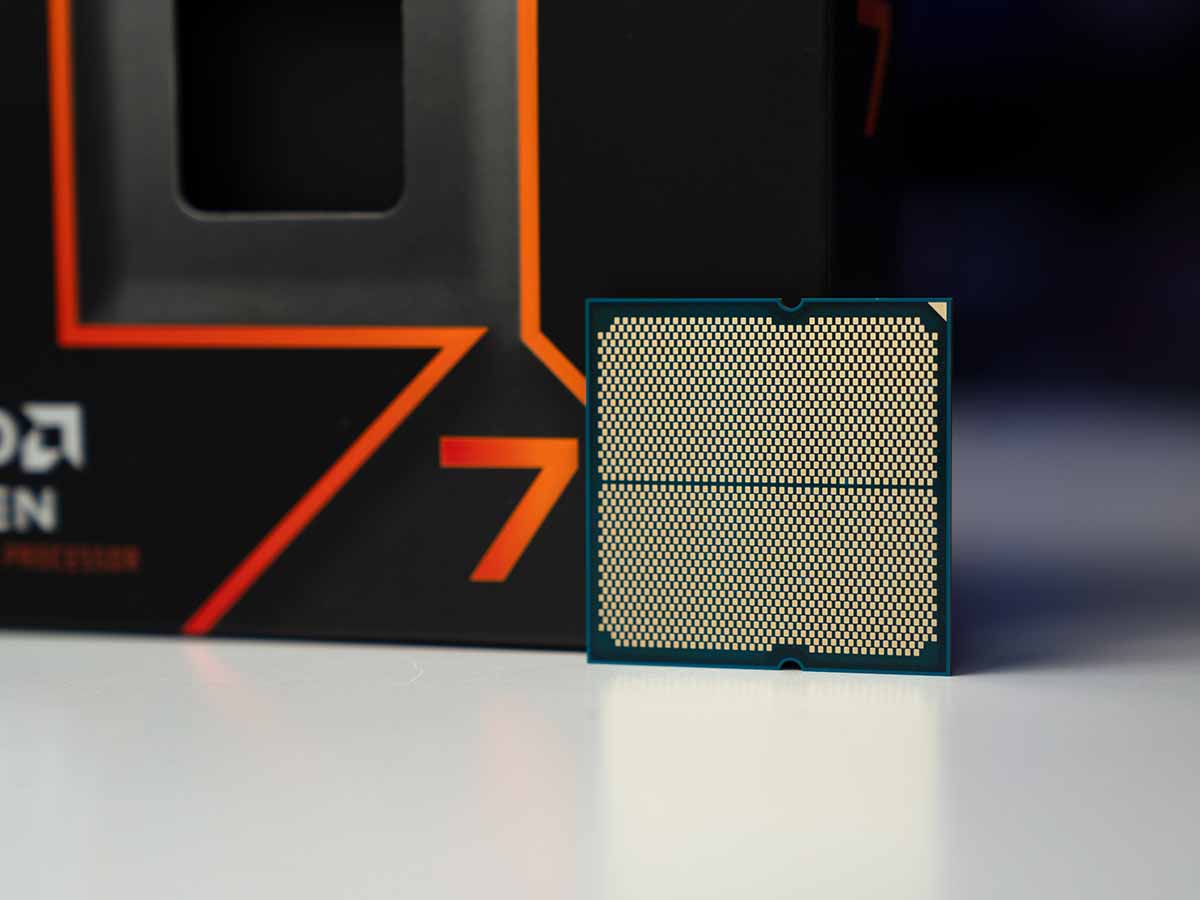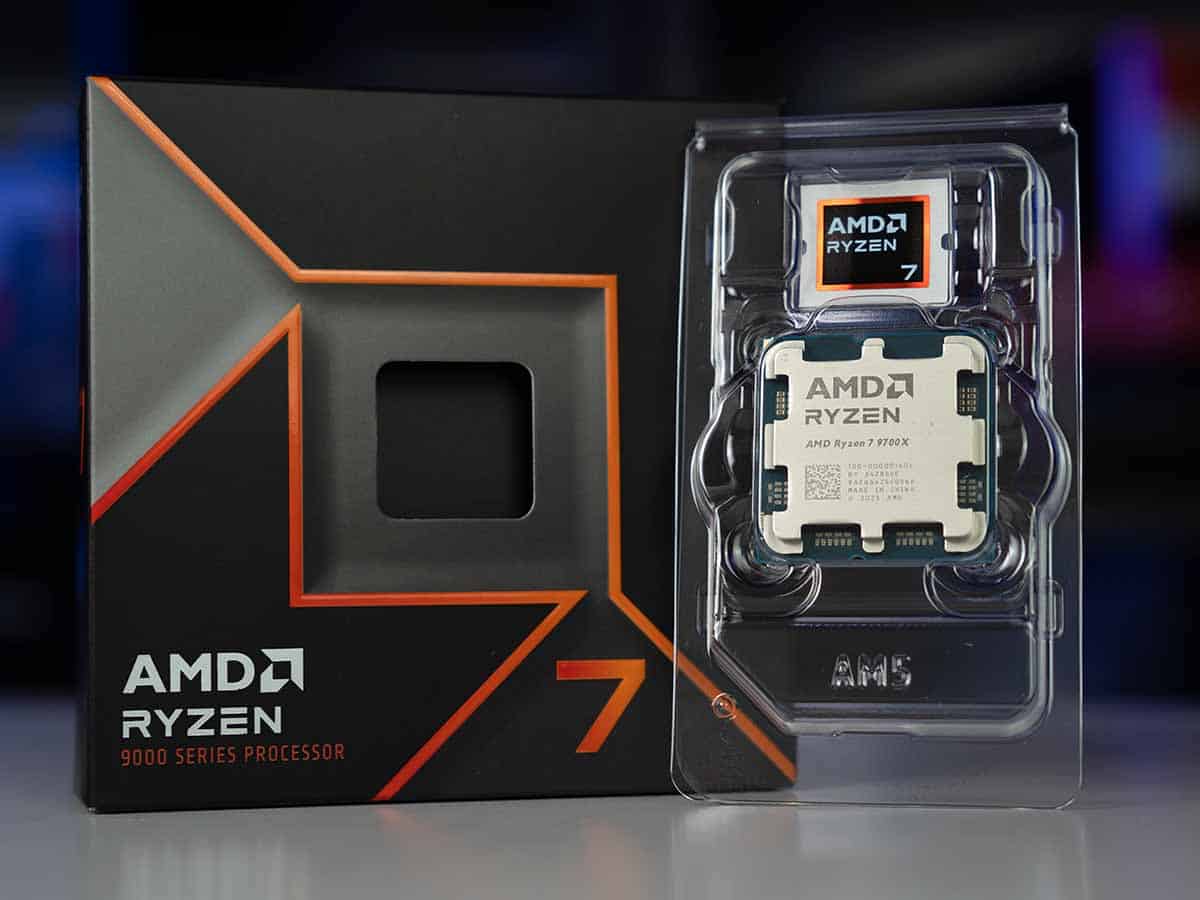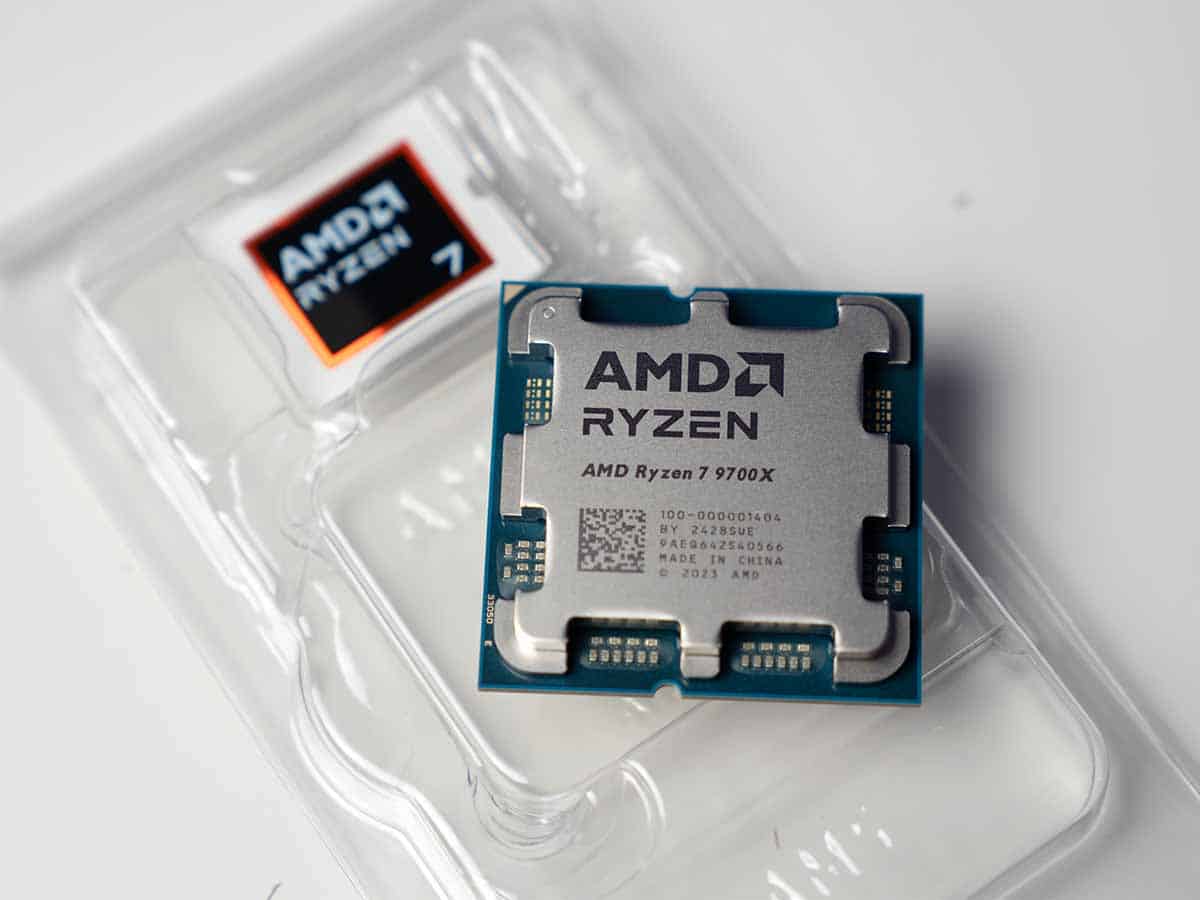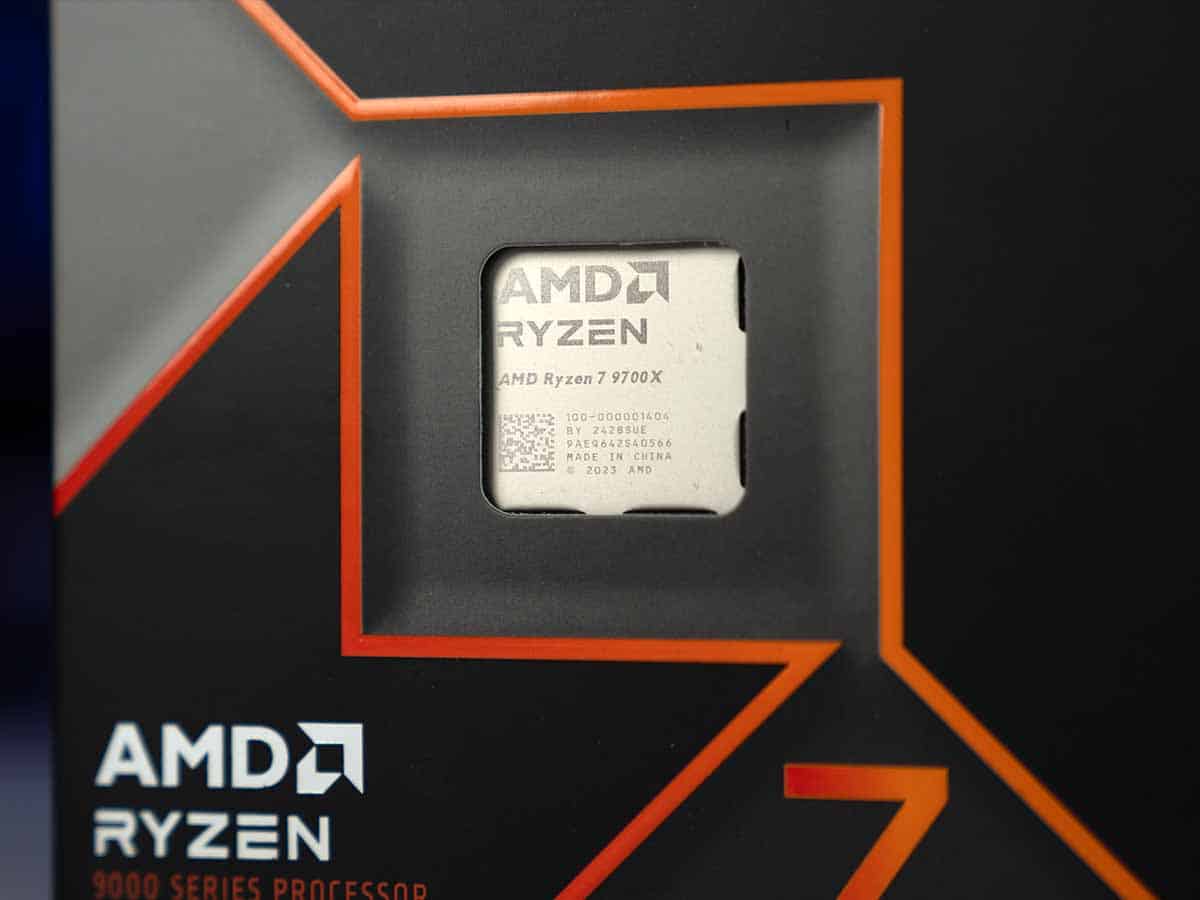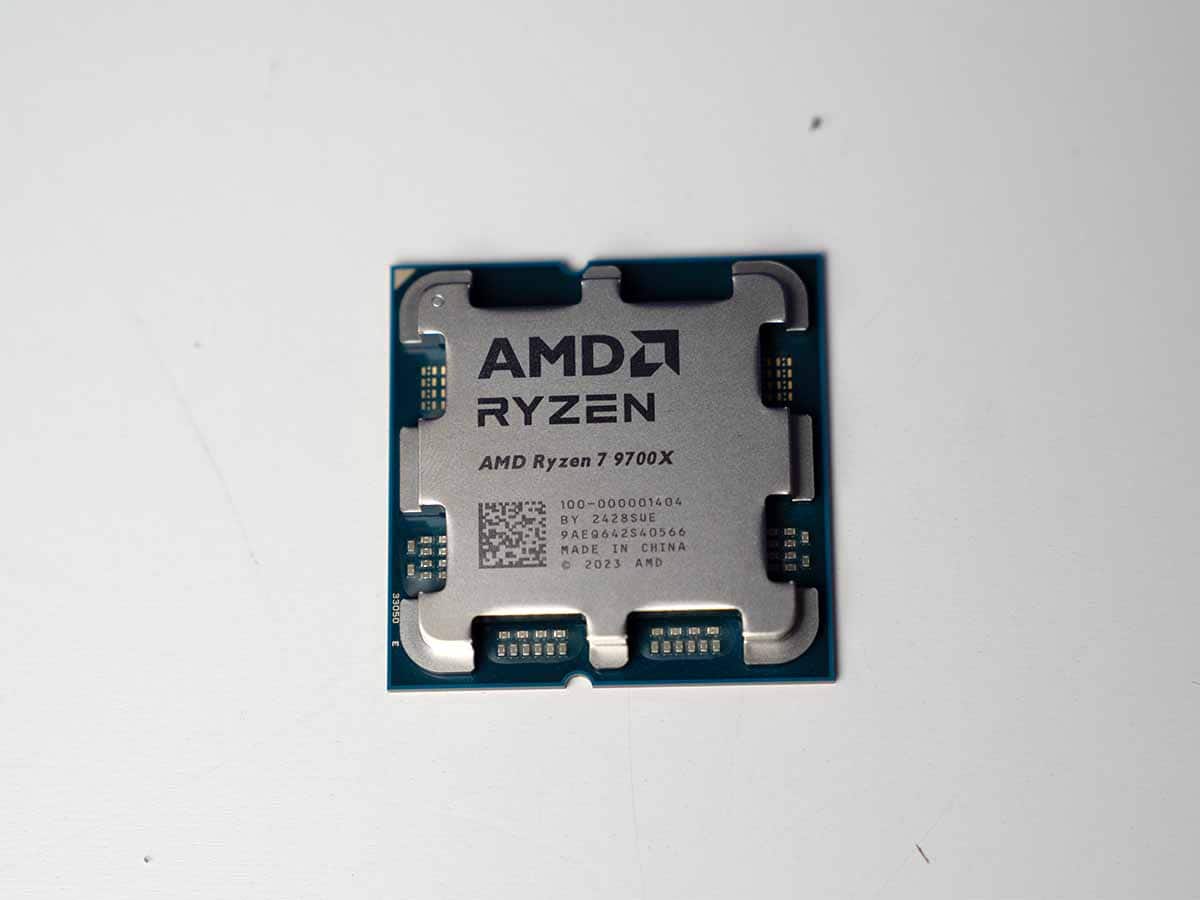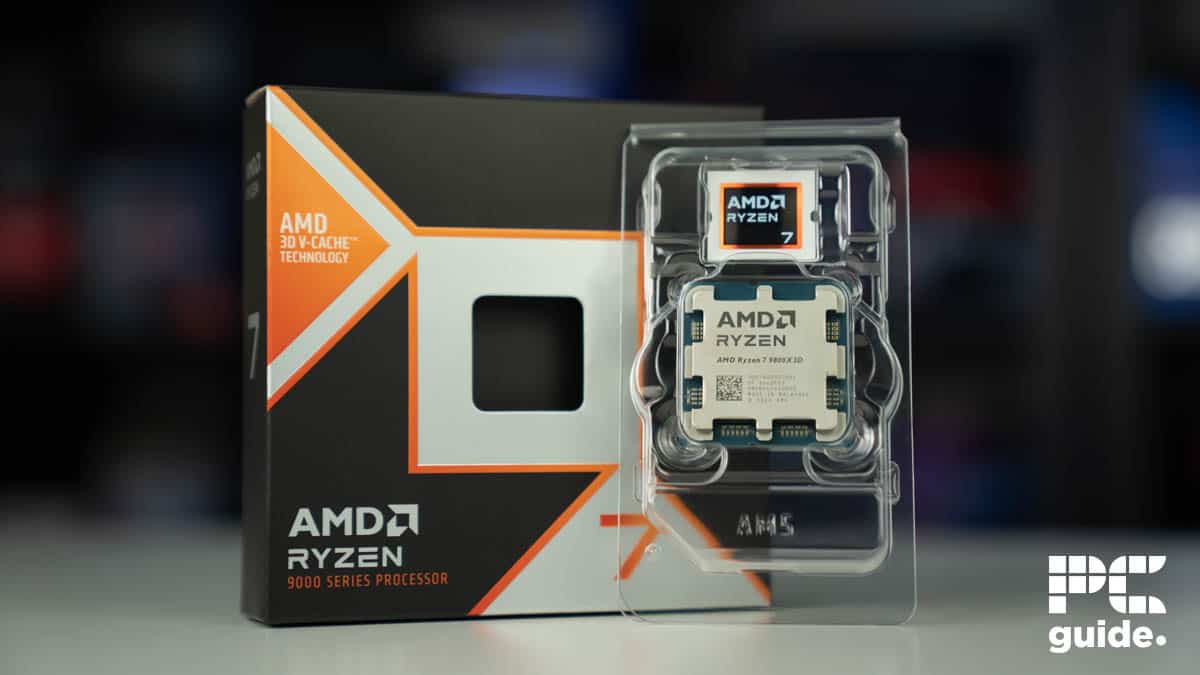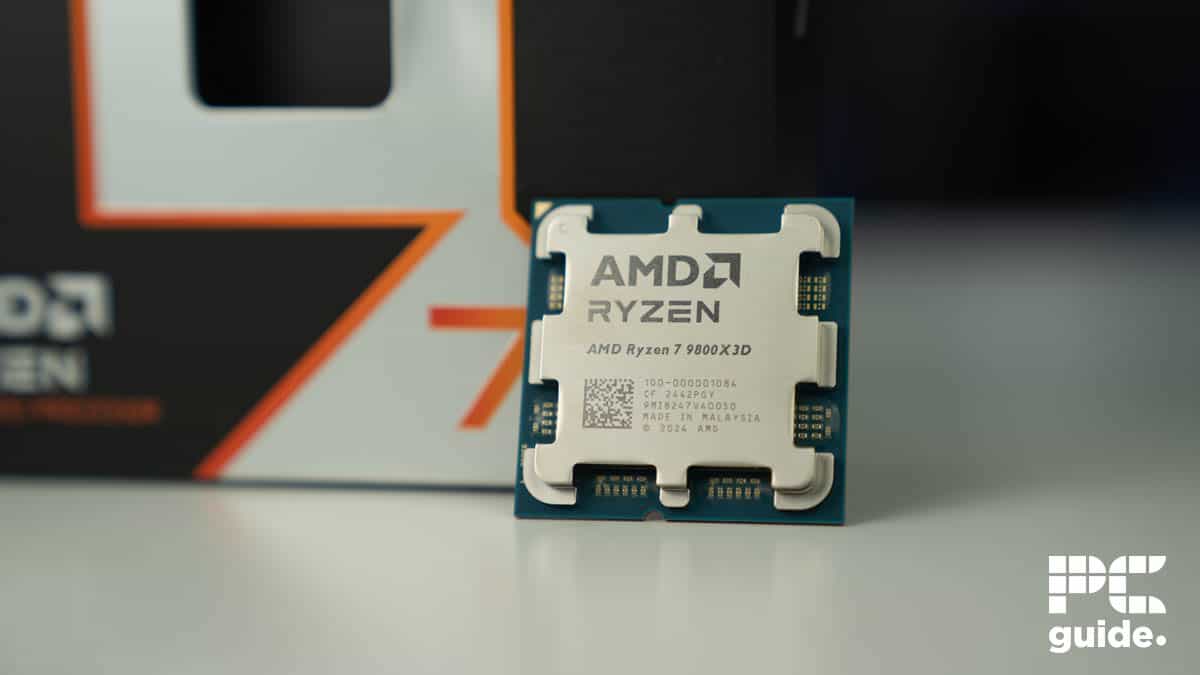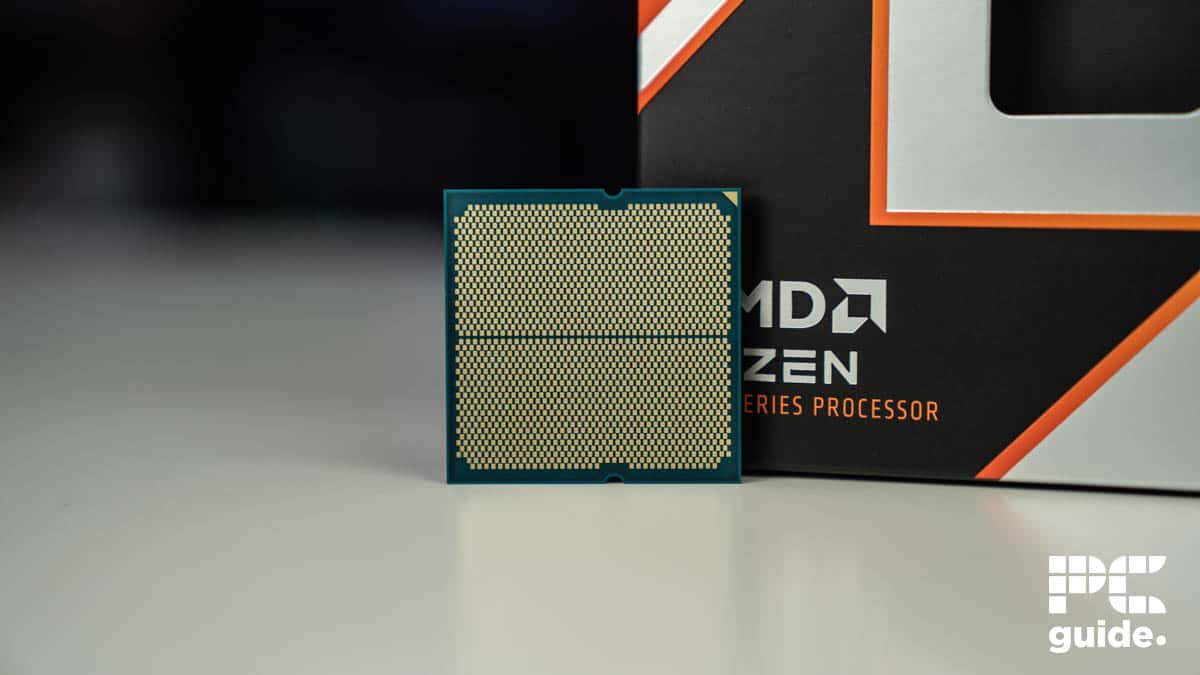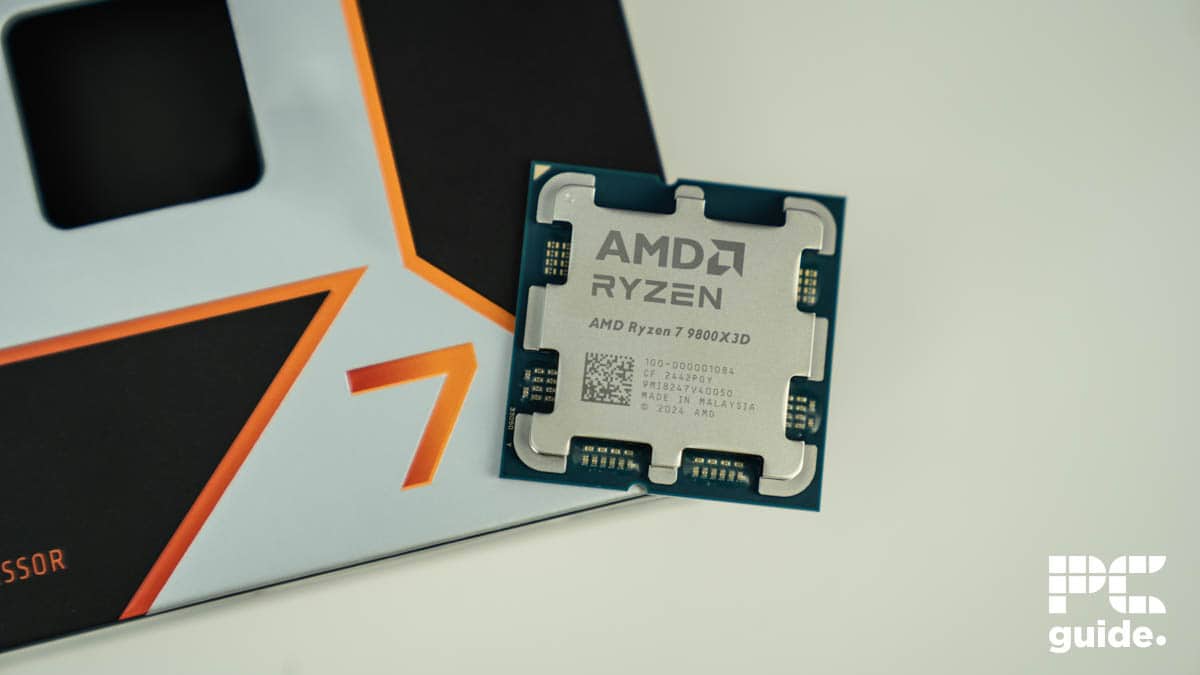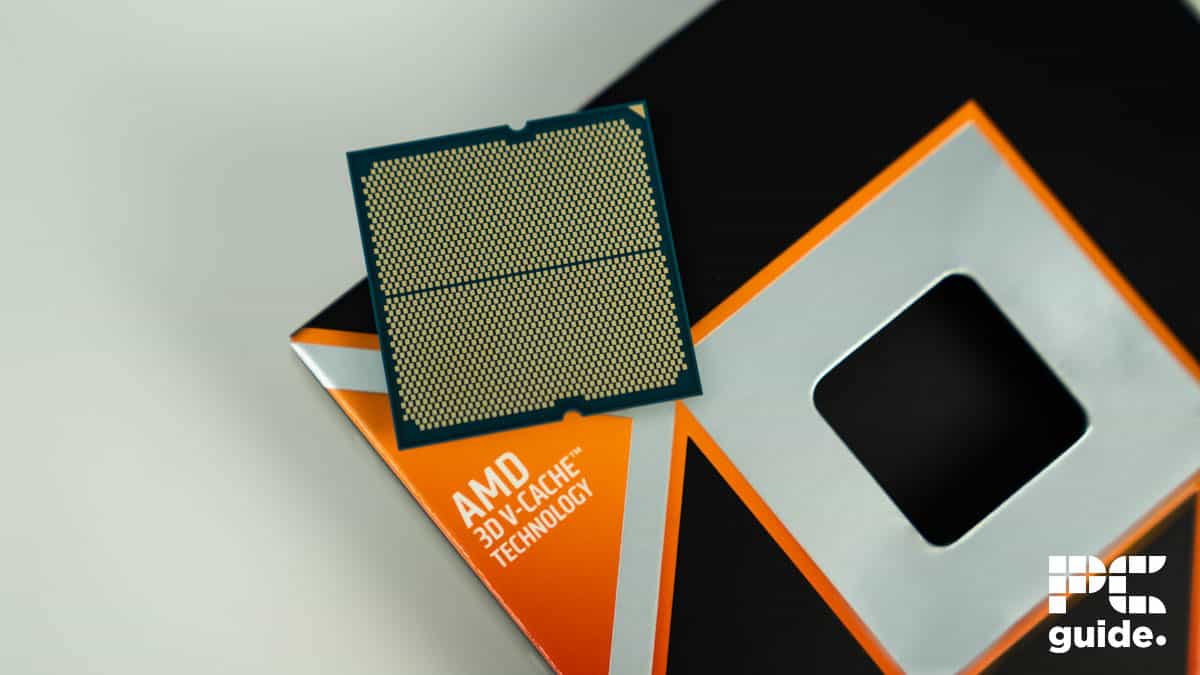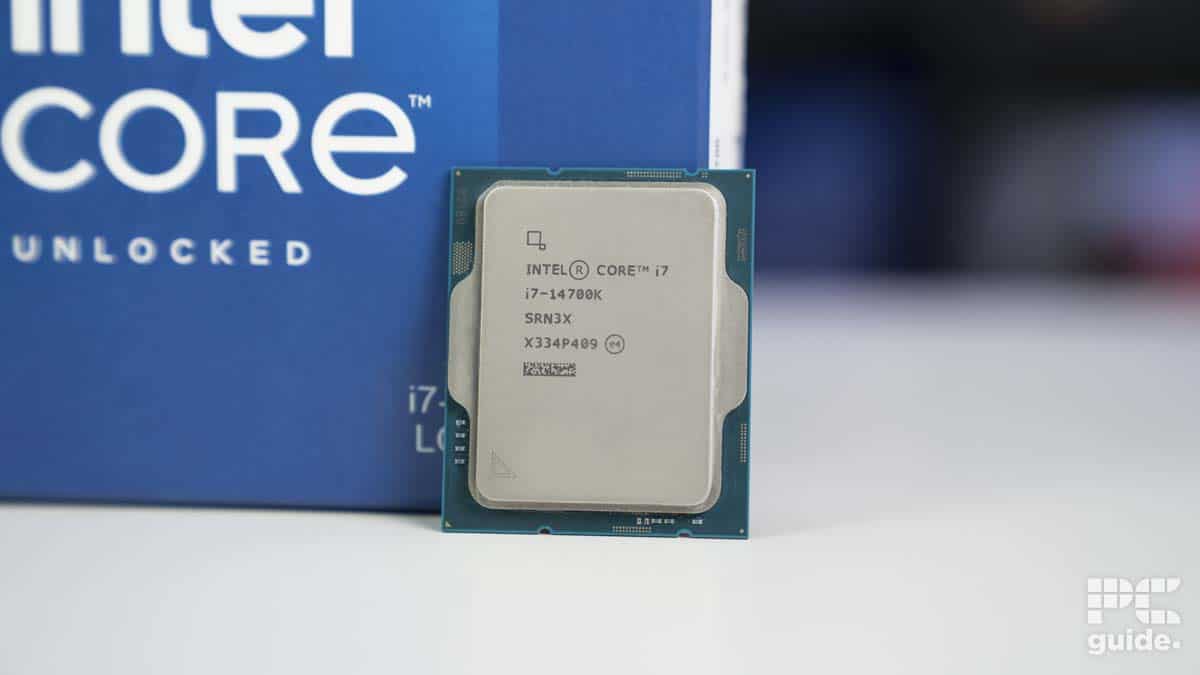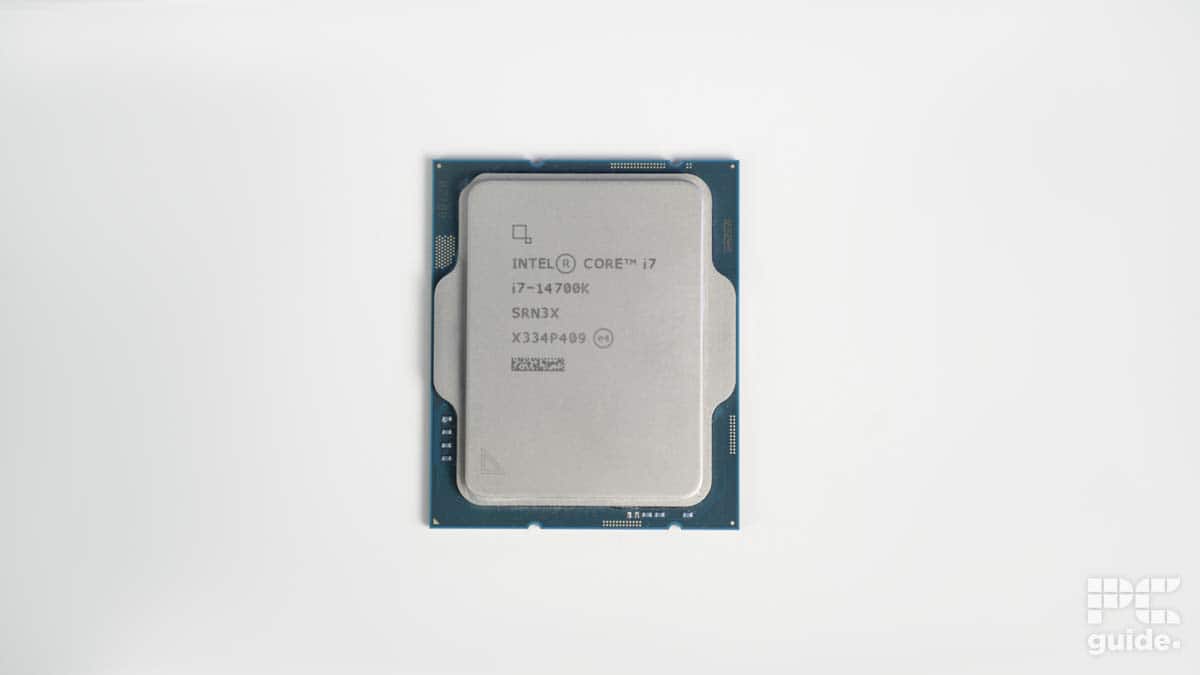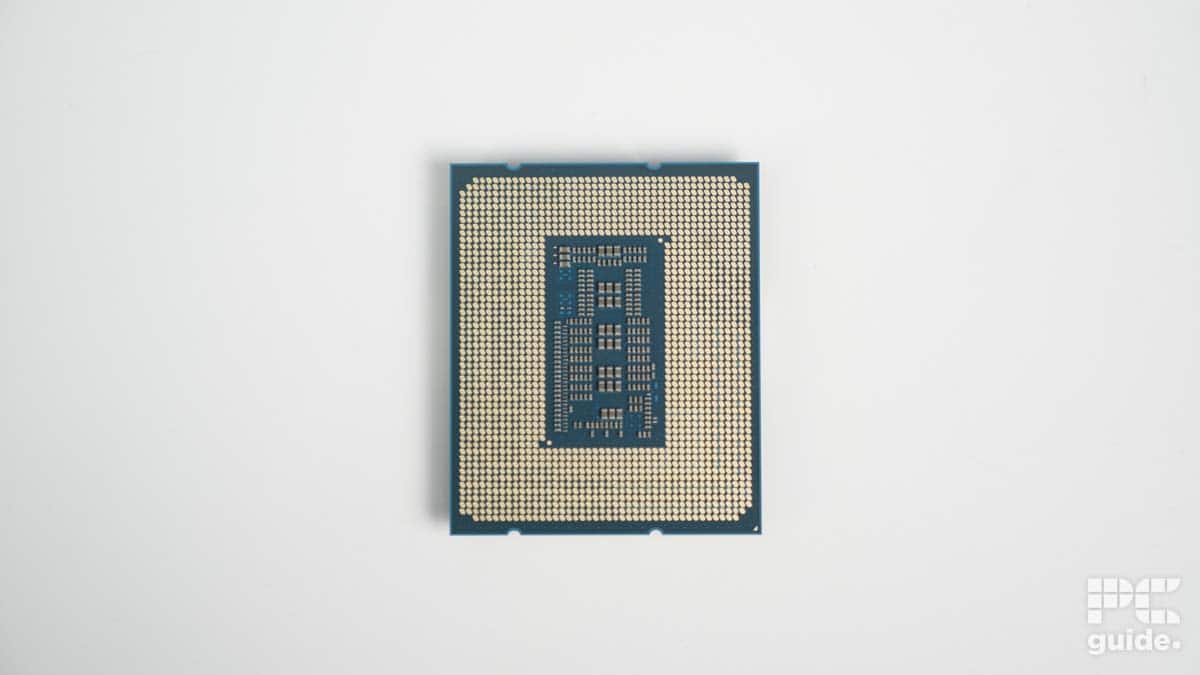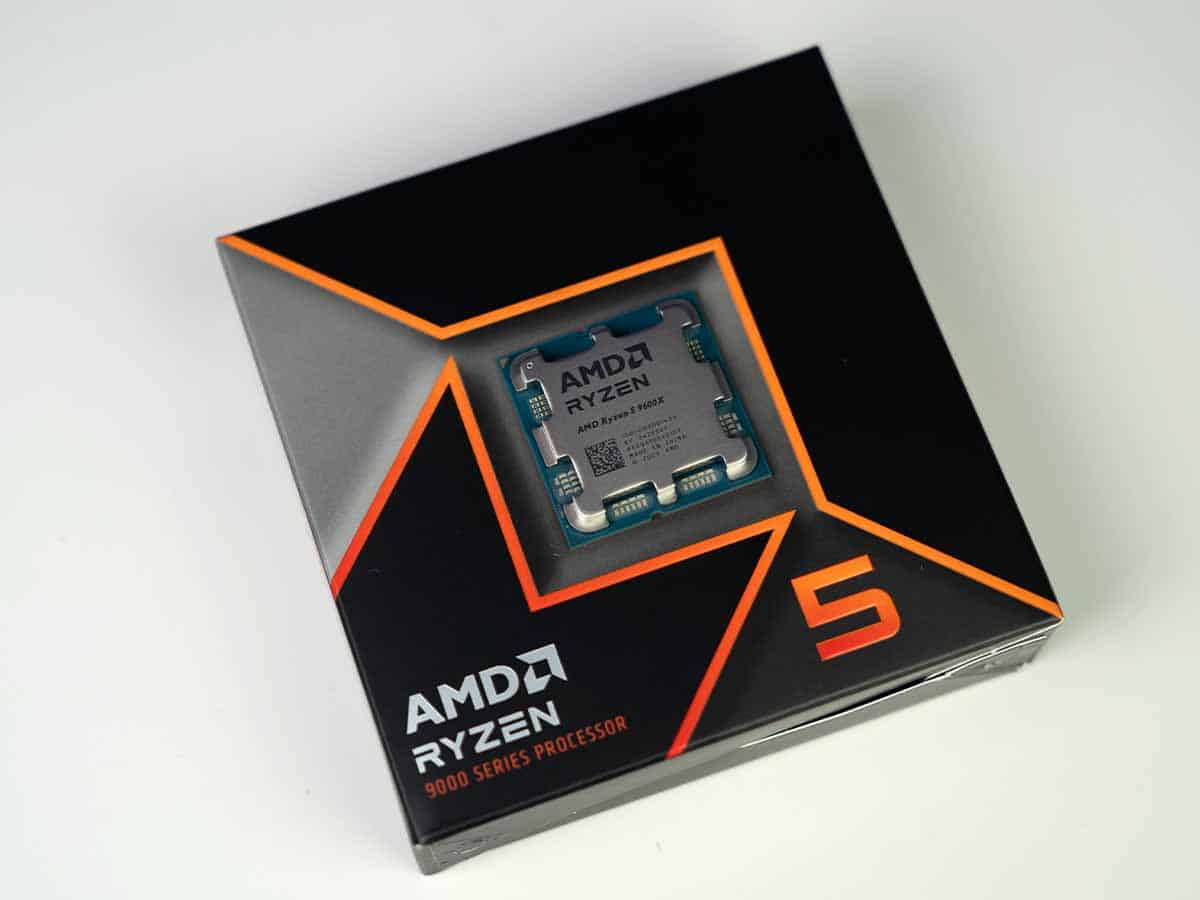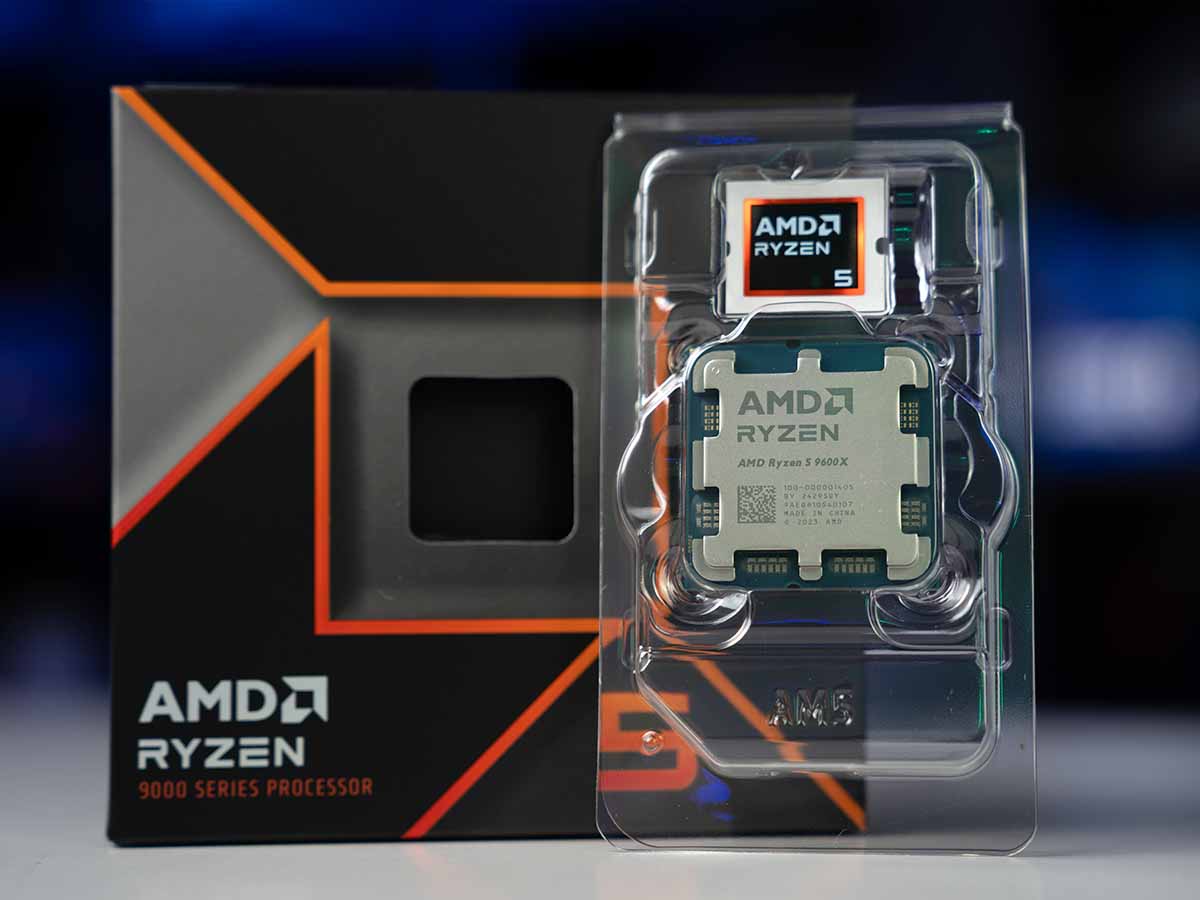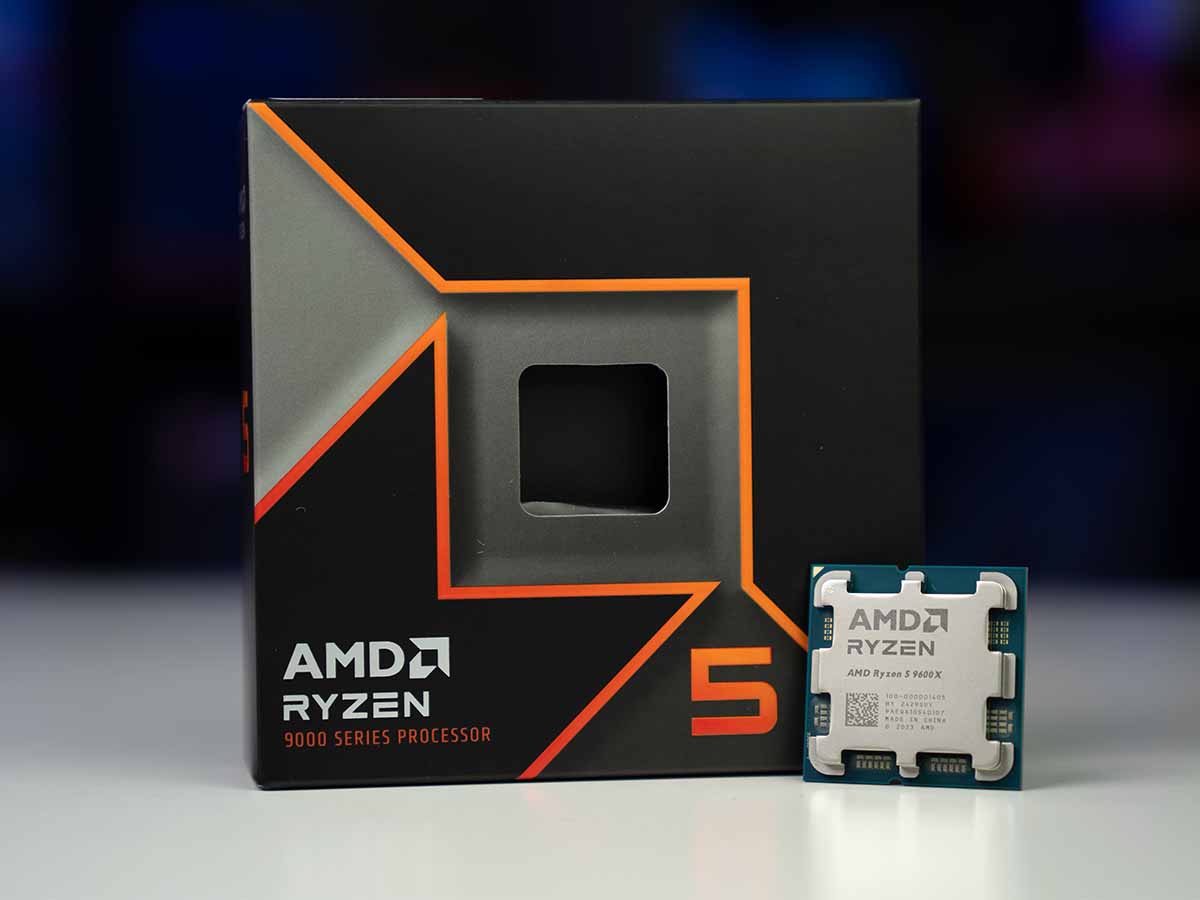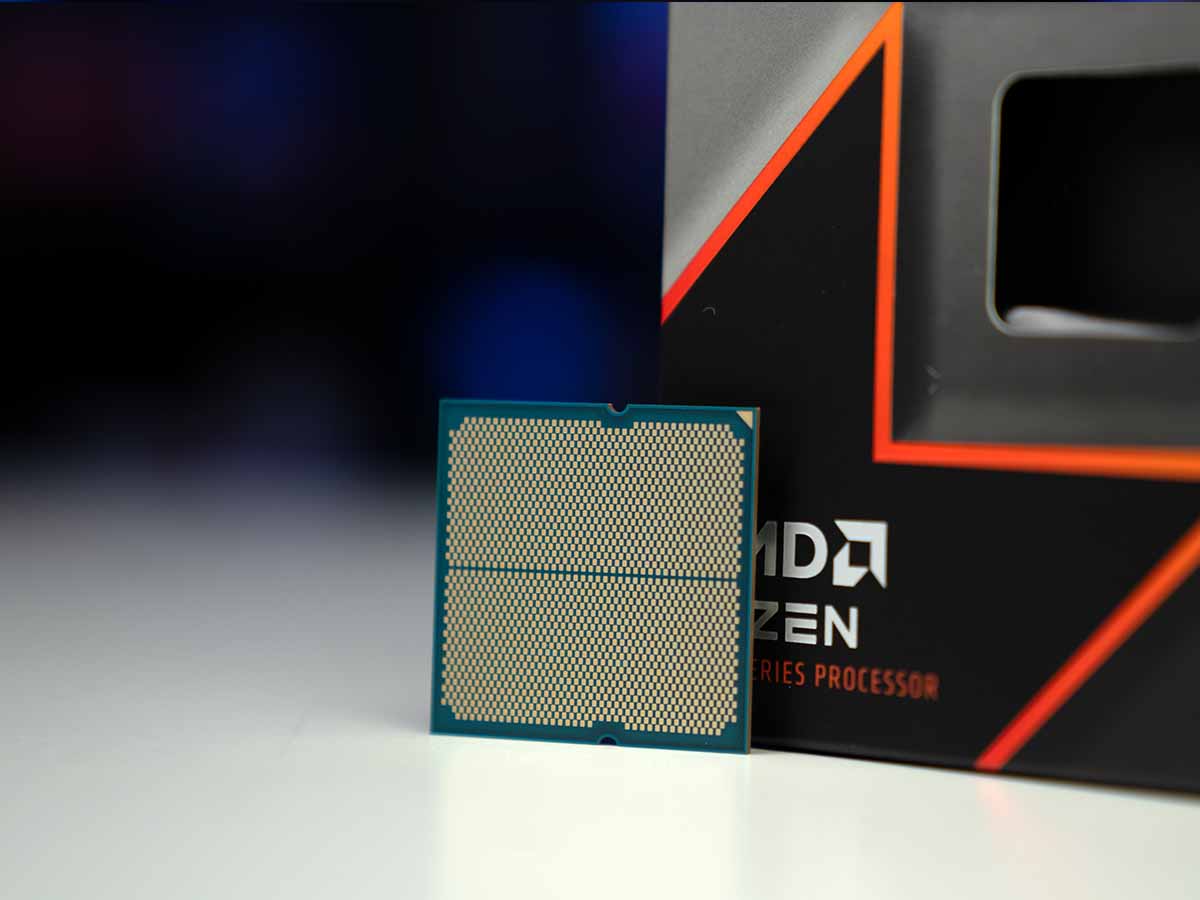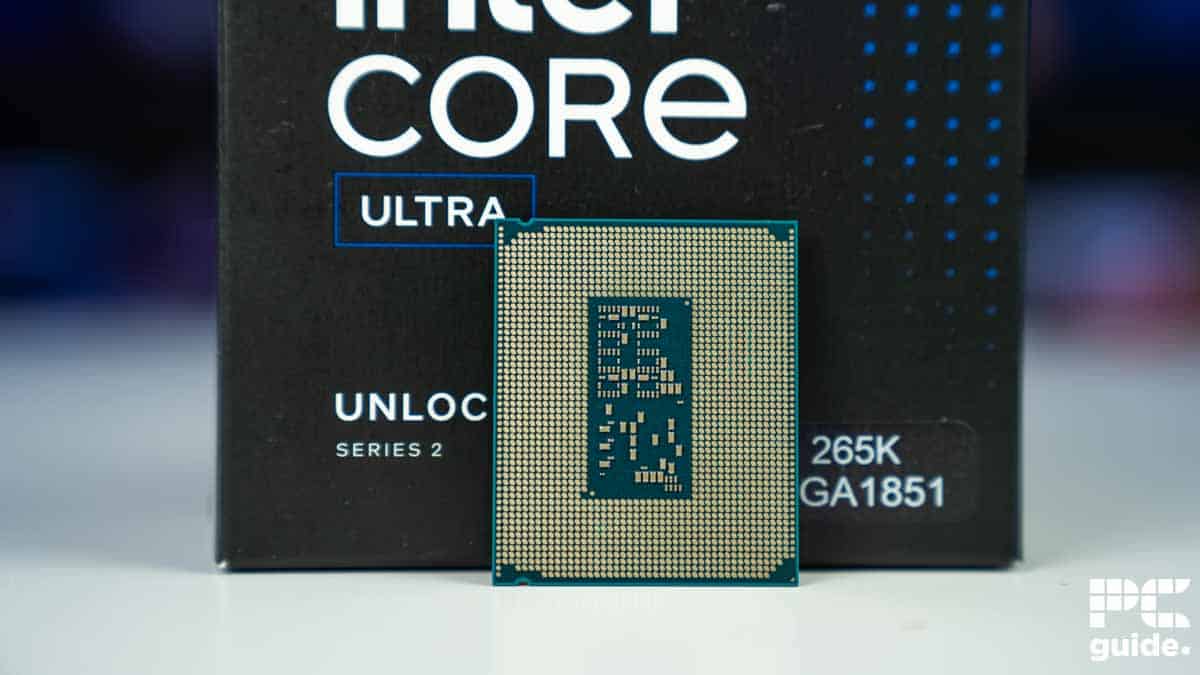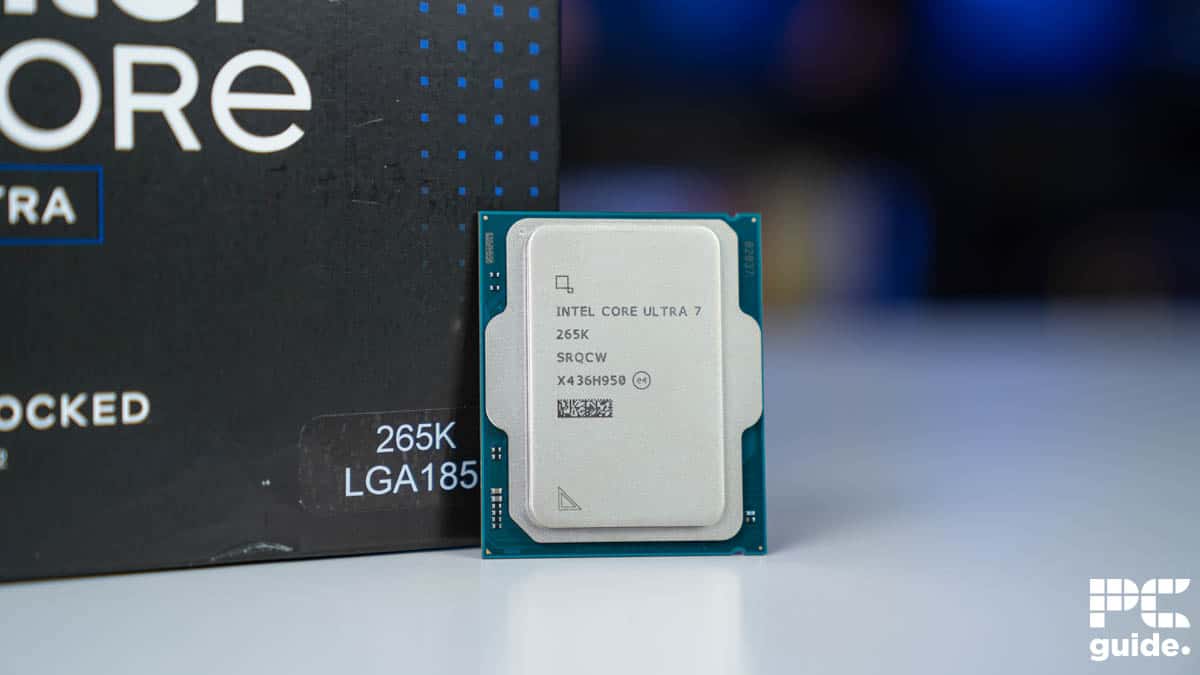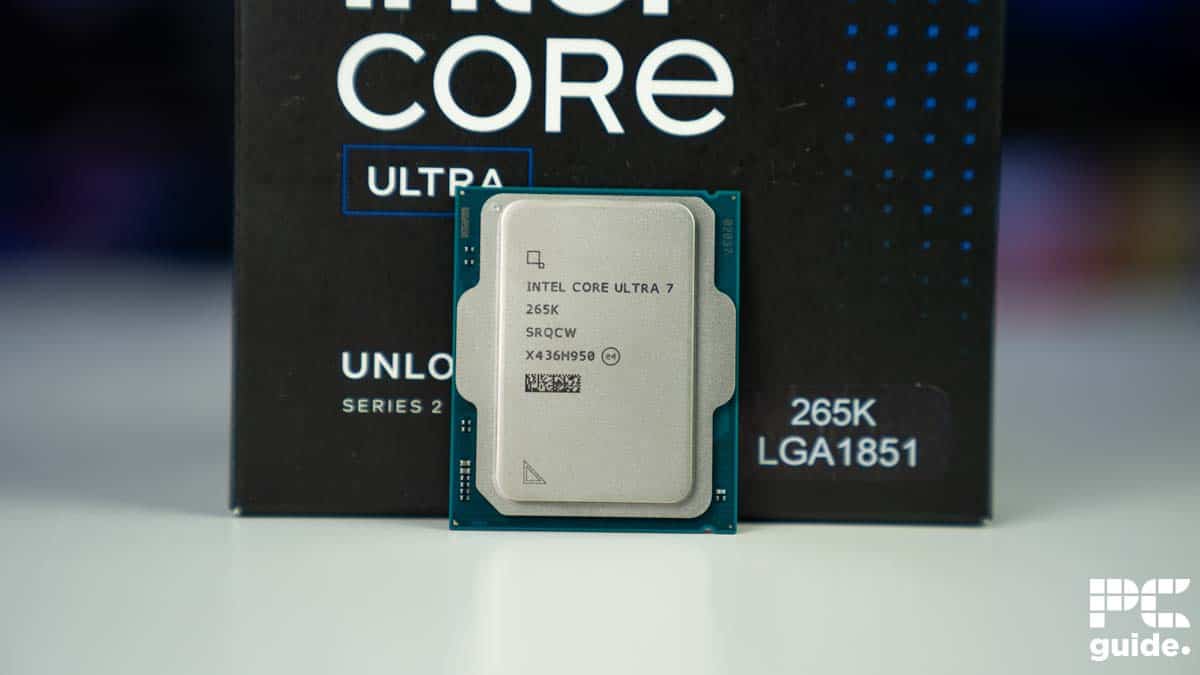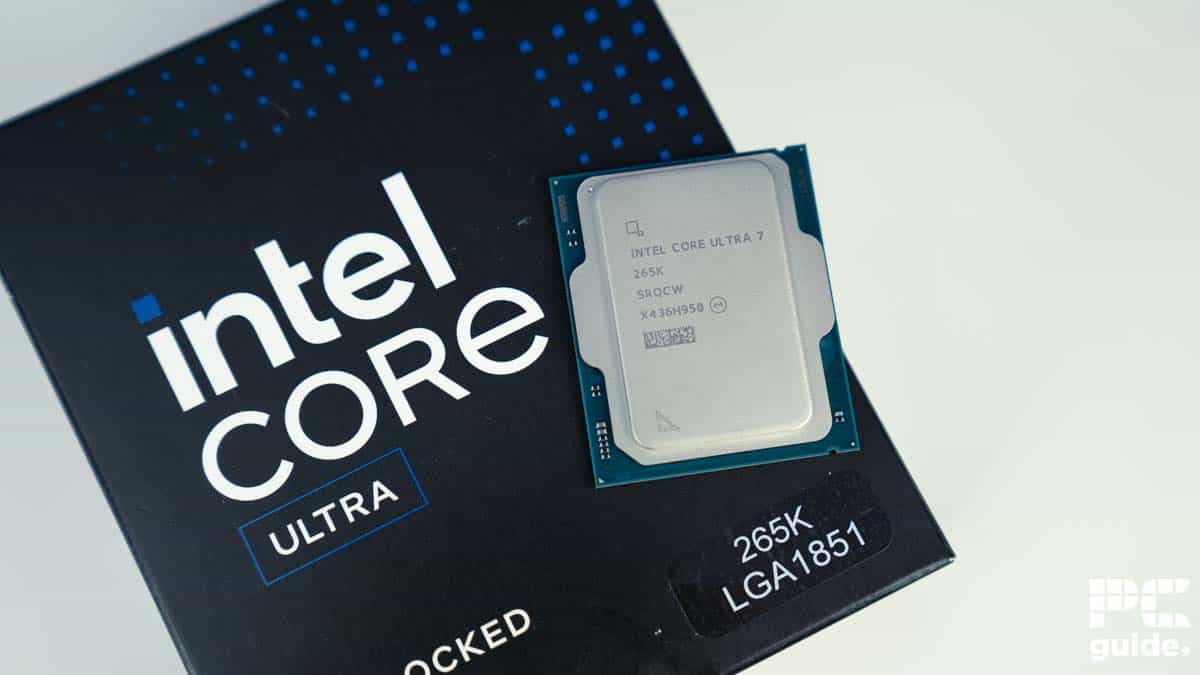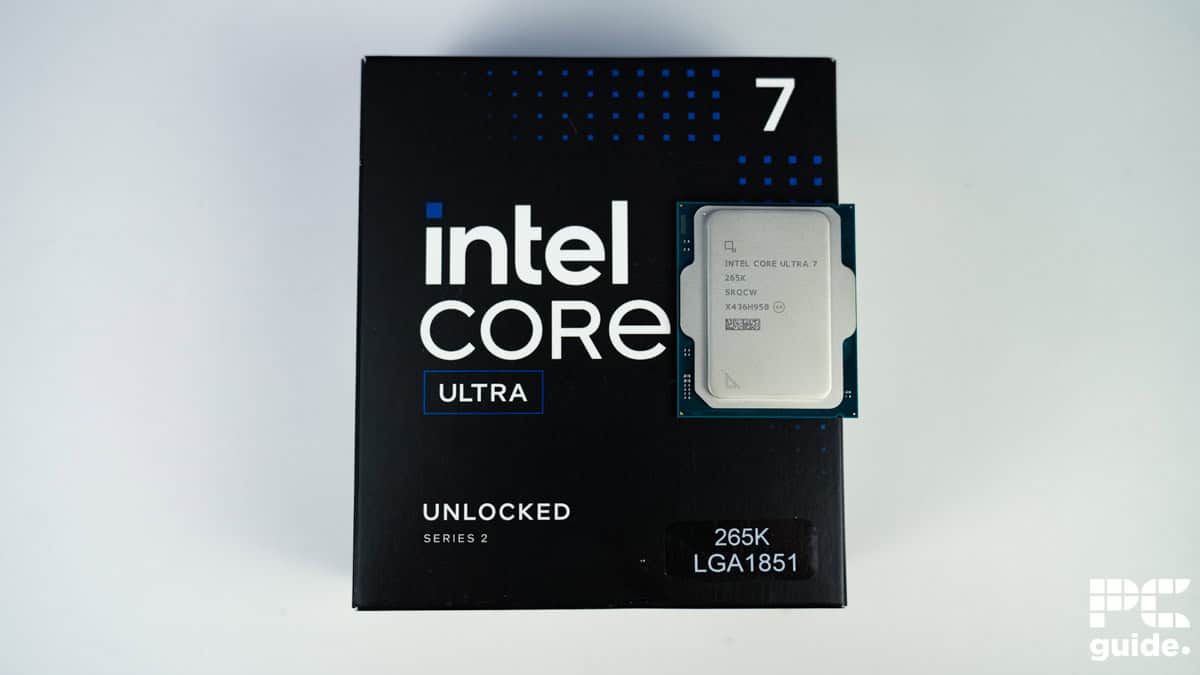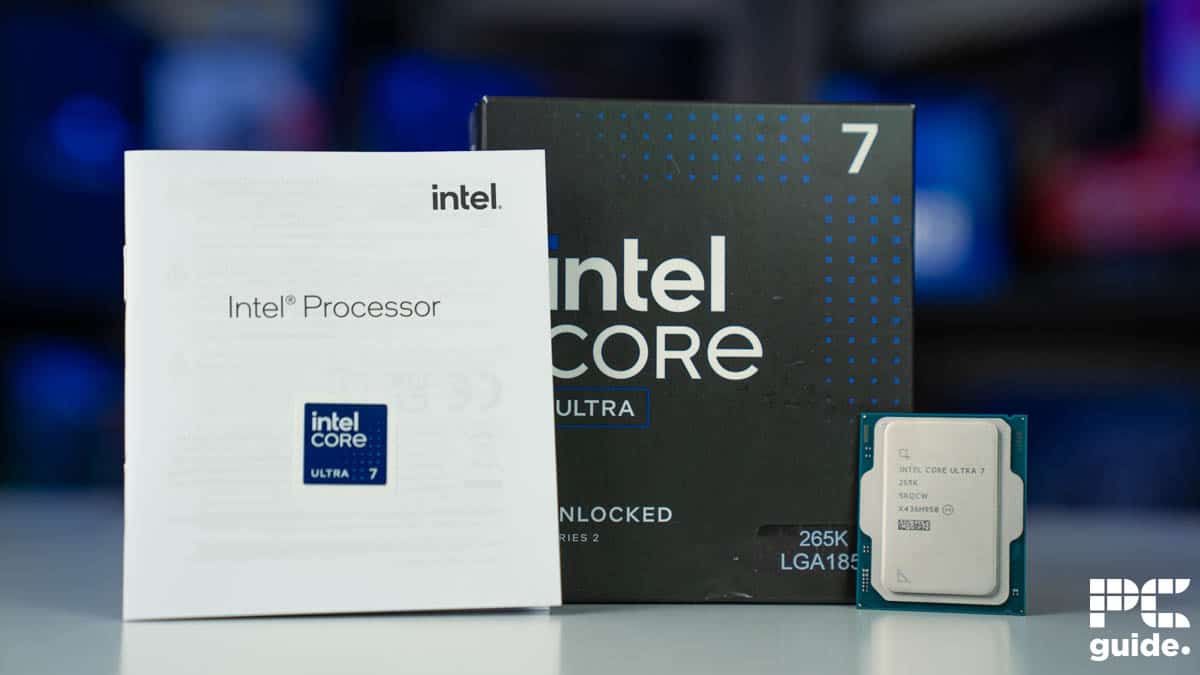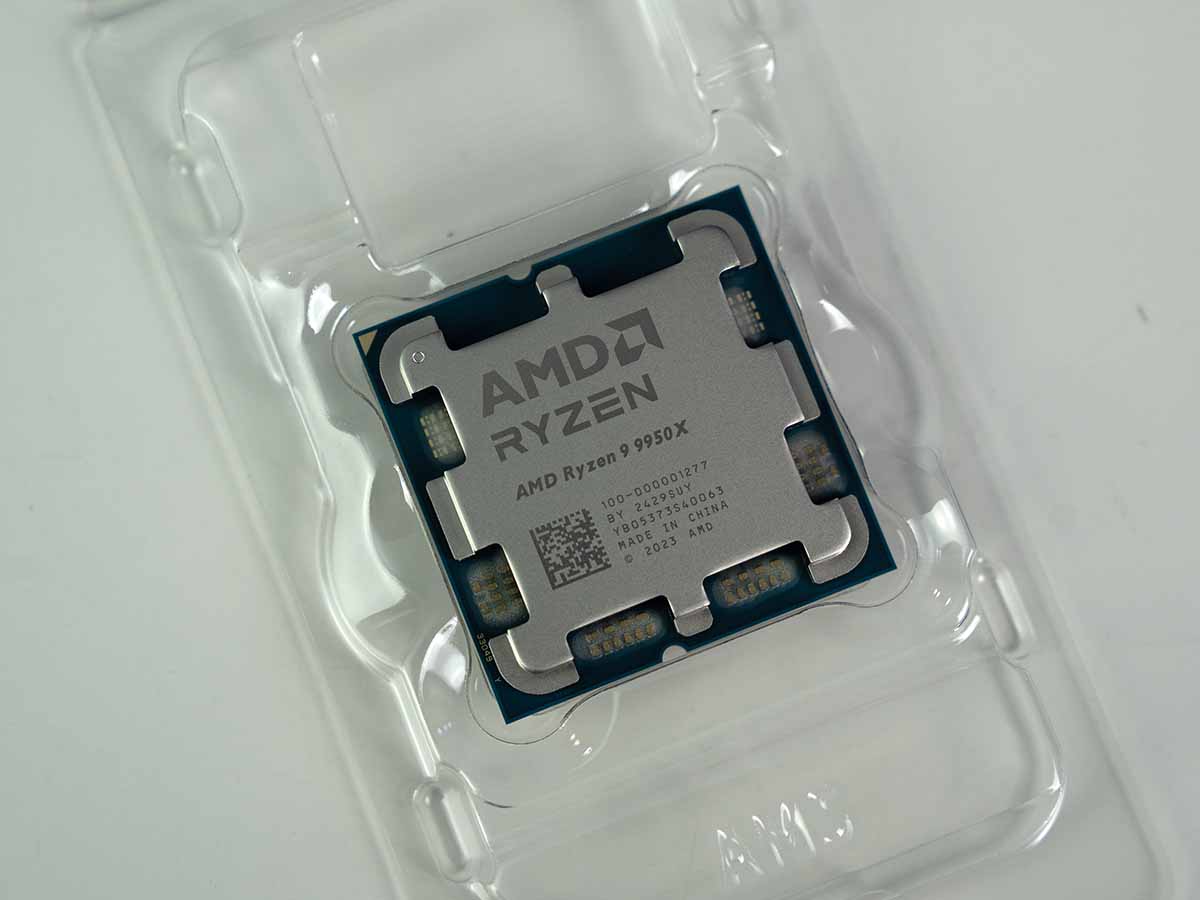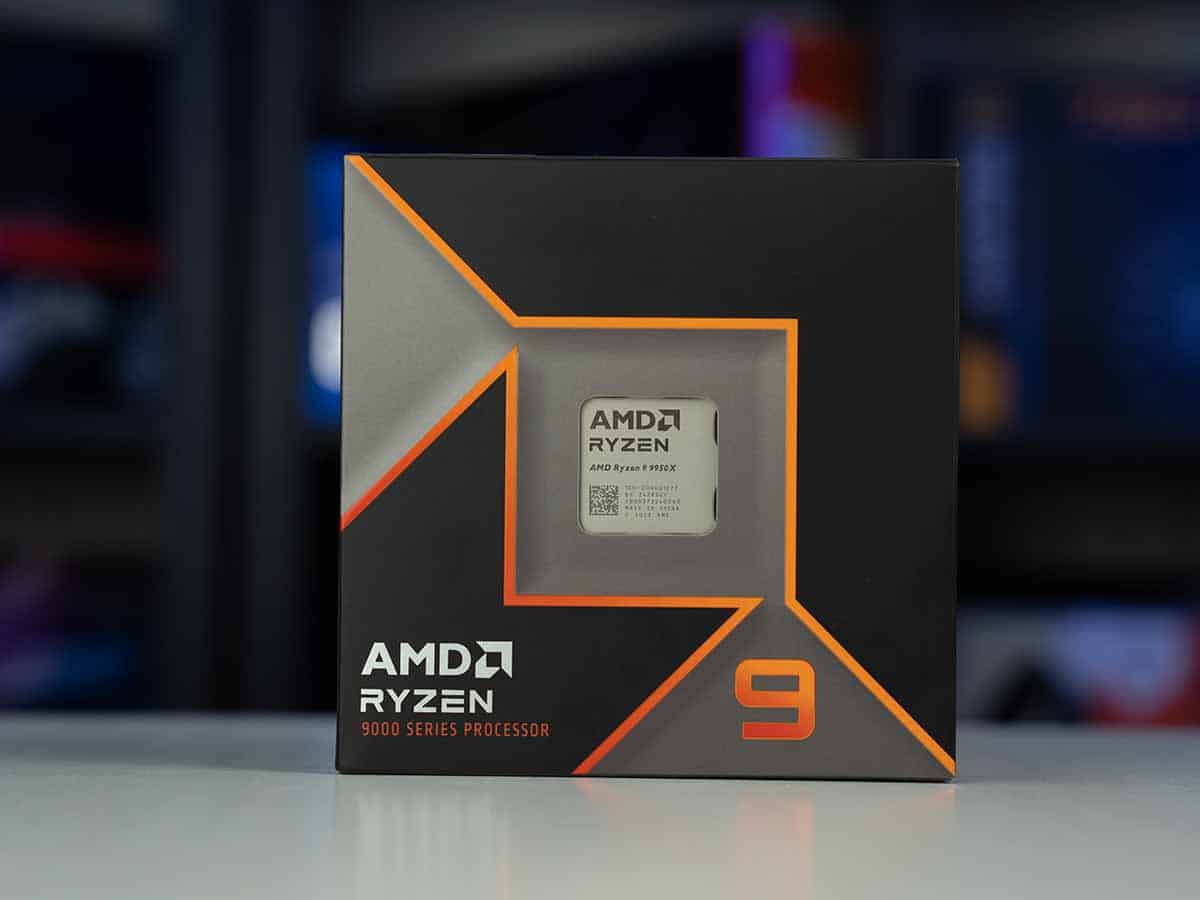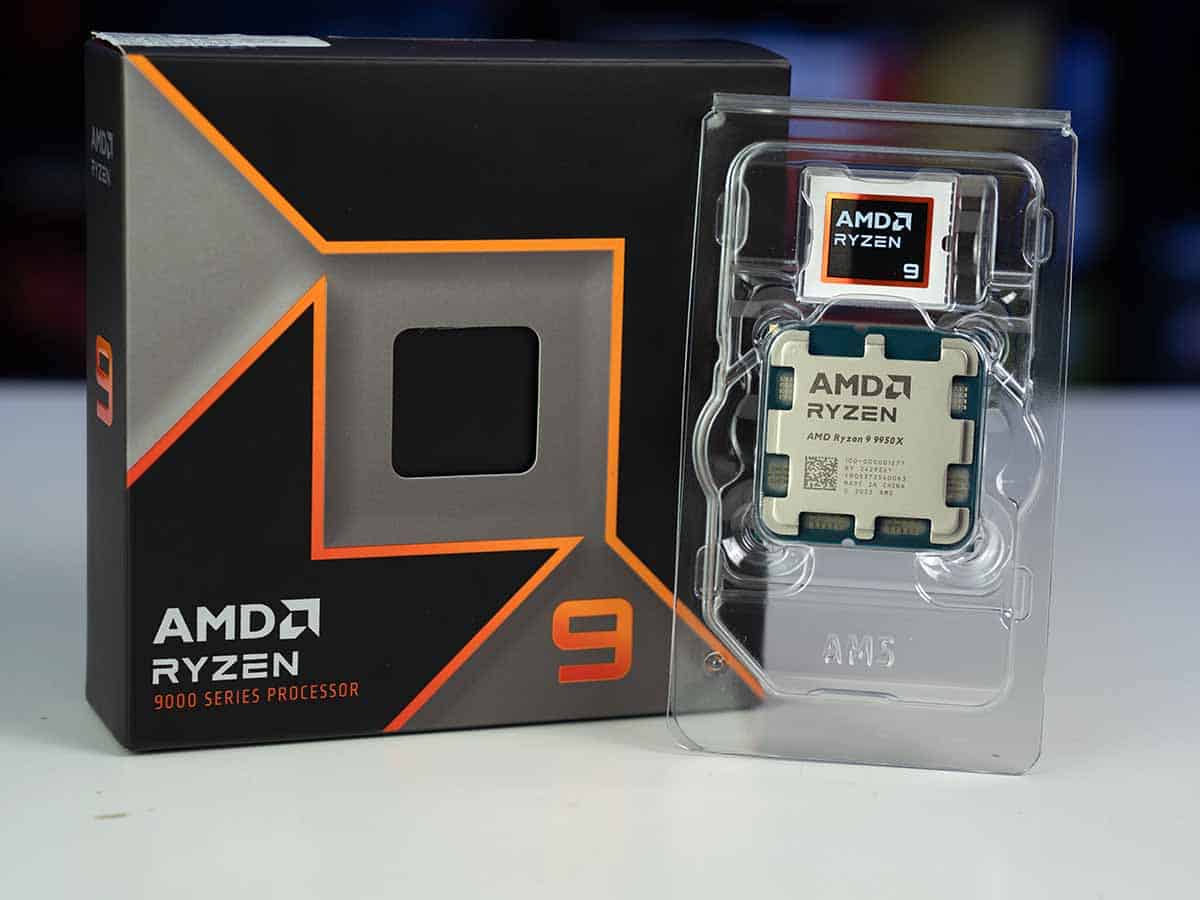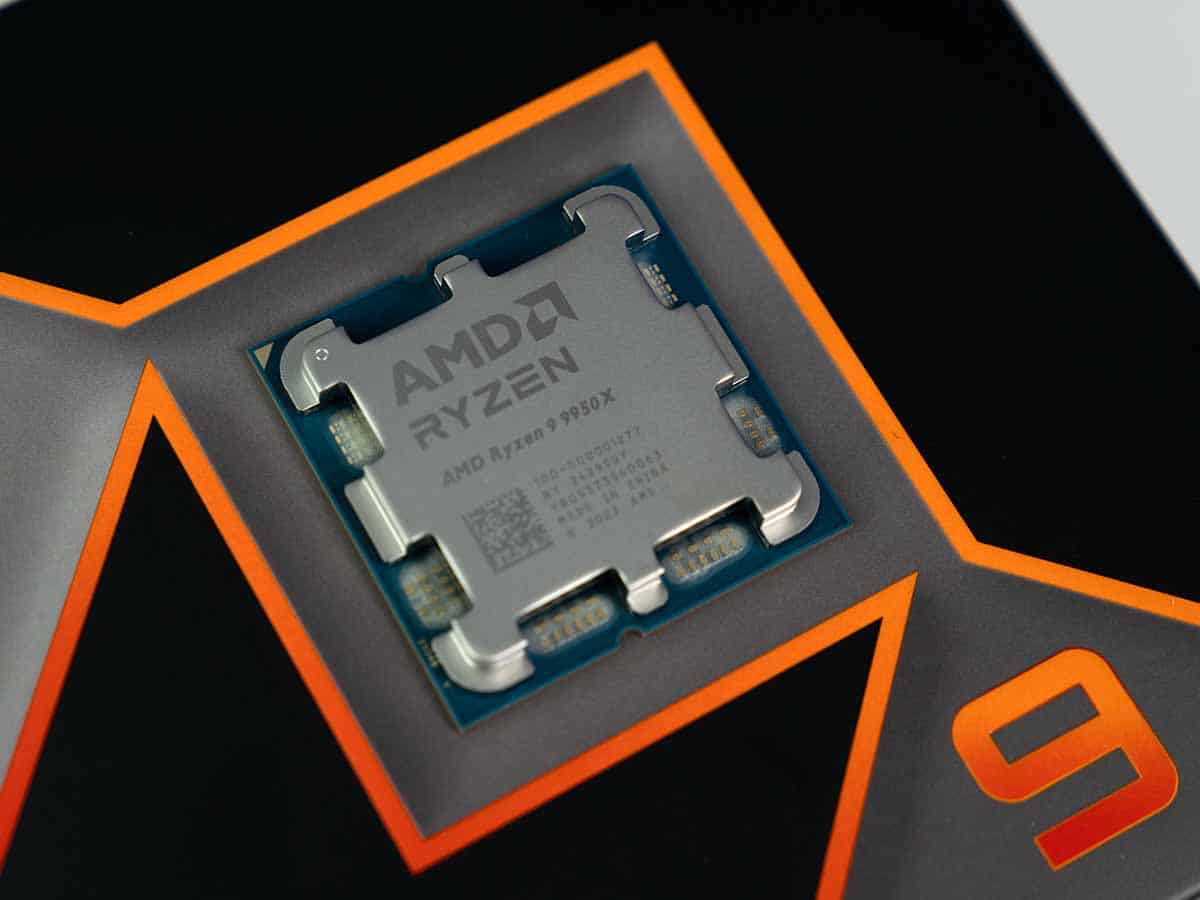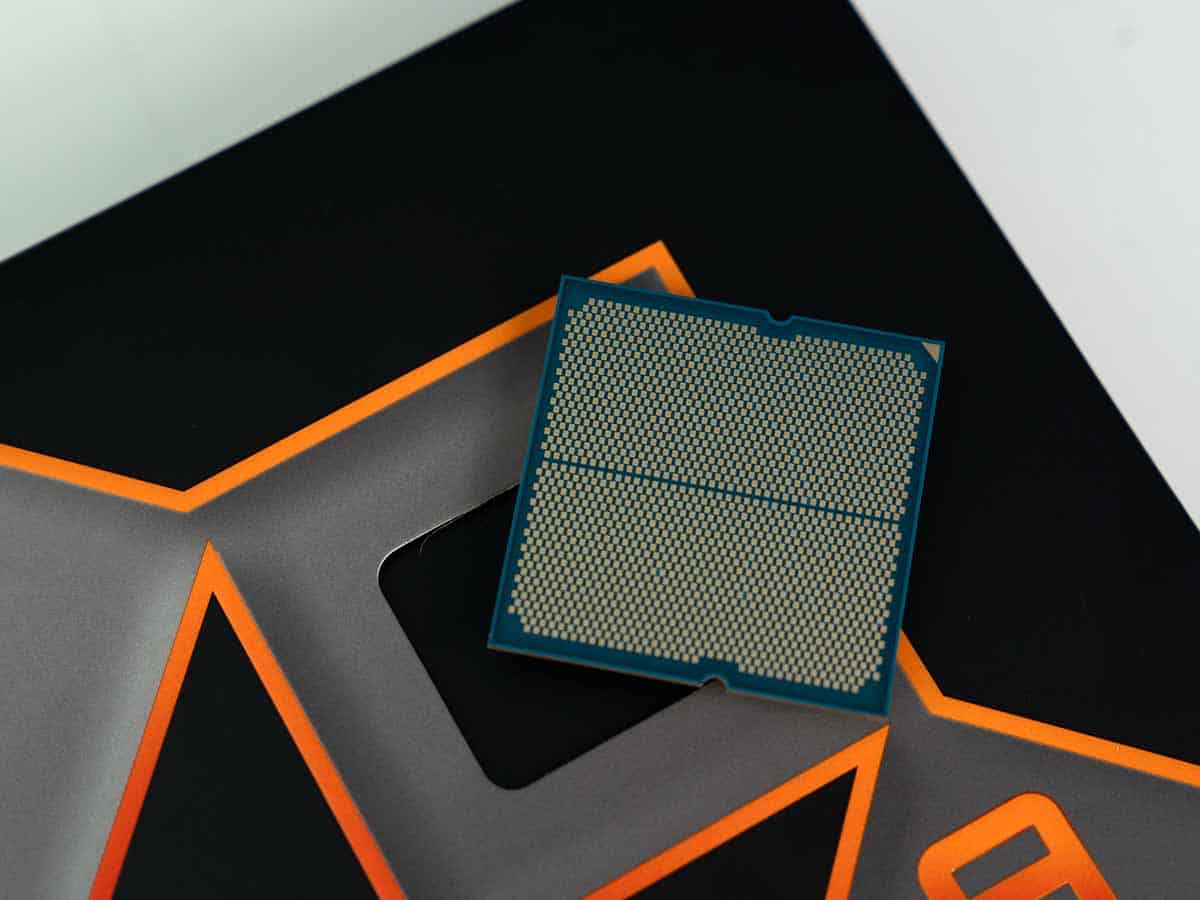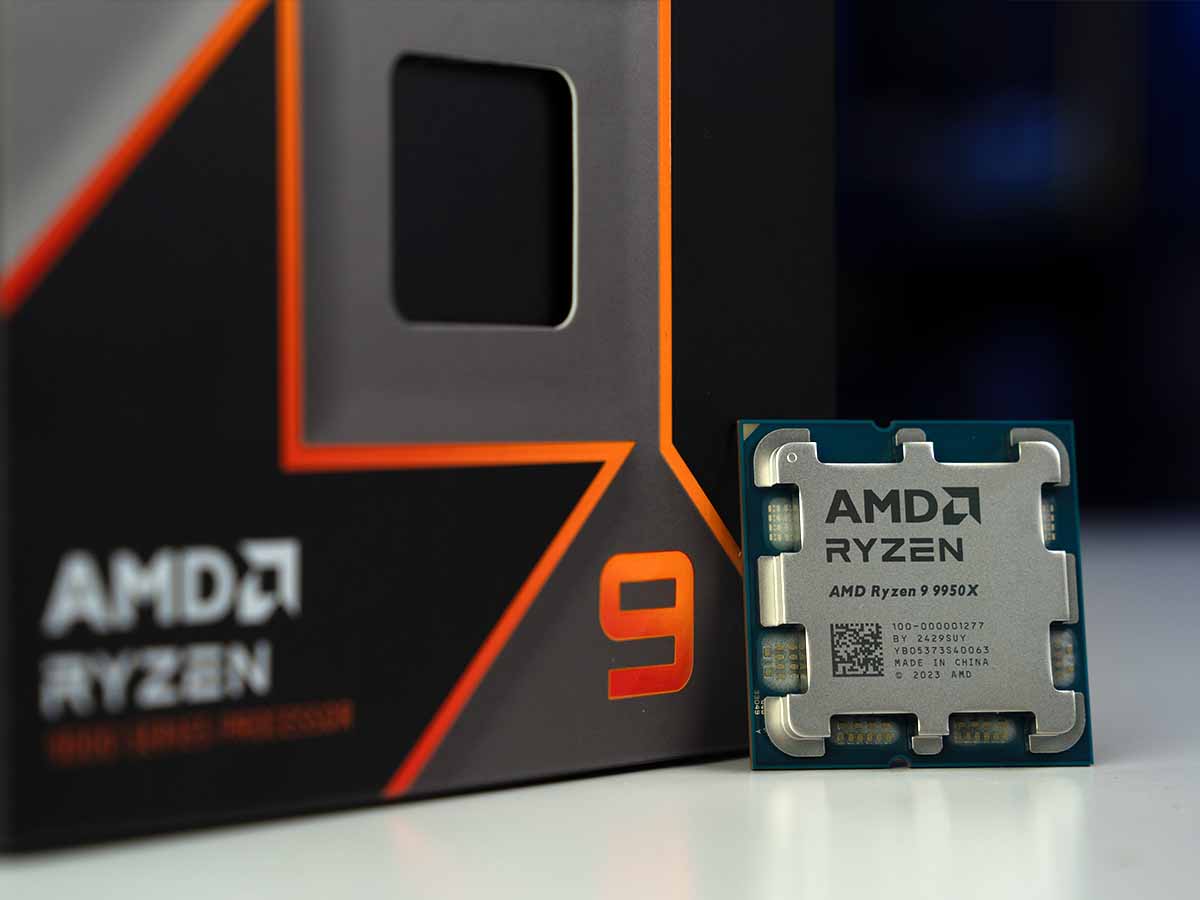Best CPU for streaming in 2025 – Our top picks
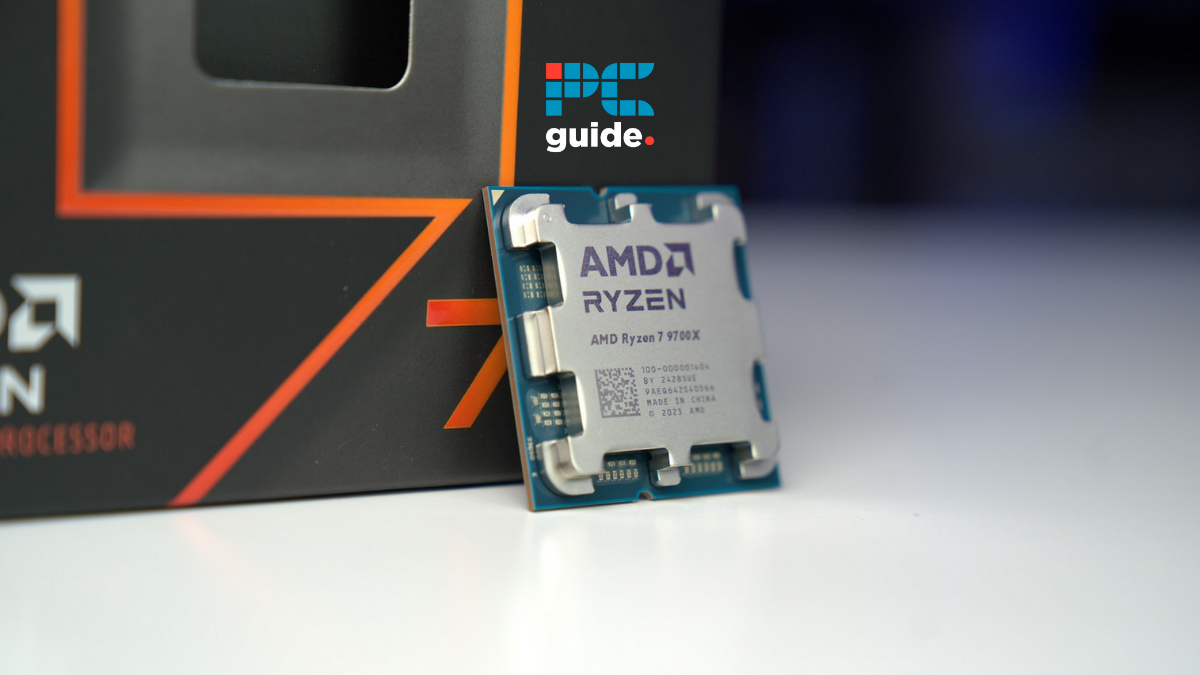
Table of Contents
The best CPU for streaming is a vital component for anyone wanting to make the most out of their online content creation. Whether you've got your sights set on starting out with Twitch and YouTube Gaming or want to up your current production values, a high-performance processor can make all the difference.
With new models available like the Ryzen 9 9950X3D, which is the world’s best processor for gaming and content creation, there are more choices than ever as far as the best CPU for streaming goes. Fortunately, things don't have to get all too expensive either.
Prime Day is finally here! Find all the biggest tech and PC deals below.
- Sapphire 11348-03-20G Pulse AMD Radeon™ RX 9070 XT Was $779 Now $739
- AMD Ryzen 7 7800X3D 8-Core, 16-Thread Desktop Processor Was $449 Now $341
- ASUS RTX™ 5060 OC Edition Graphics Card Was $379 Now $339
- LG 77-Inch Class OLED evo AI 4K C5 Series Smart TV Was $3,696 Now $2,796
- Intel® Core™ i7-14700K New Gaming Desktop Was $320.99 Now $274
- Lexar 2TB NM1090 w/HeatSink SSD PCIe Gen5x4 NVMe M.2 Was $281.97 Now $214.98
- Apple Watch Series 10 GPS + Cellular 42mm case Smartwatch Was $499.99 Now $379.99
- ASUS ROG Strix G16 (2025) 16" FHD, RTX 5060 gaming laptop Was $1,499.99 Now $1,274.99
- Apple iPad mini (A17 Pro): Apple Intelligence Was $499.99 Now $379.99
*Prices and savings subject to change. Click through to get the current prices.
We've seen great value and strong capabilities from even the mainstream current-gen chipsets from both Intel and AMD, and we’ve tested and reviewed plenty of them, here at PC Guide. Here are some of the best CPUs for streaming.
-
Best CPU for streaming
AMD Ryzen 7 9700X
- Cores: 8
- Threads: 16
- Boost clock speed: 5.5 GHz
- Base clock speed: 3.8 GHz
- L3 Cache: 32 MB
- TDP: 65 W
-
Best gaming CPU for streaming
AMD Ryzen 7 9800X3D
- Cores: 8
- Threads: 16
- Boost clock speed: 5.2GHz
- Base clock speed: 4.7GHz
- L3 cache: 96MB
- TDP: 120W
-
Best Intel CPU for streaming
Intel Core i7-14700K
- Cores: 20 (8P-12E)
- Threads: 28
- Boost clock speed: P-Core 5.5GHz / E-Core 4.3GHz
- Base clock speed: P-Core 2.5GHz / E-Core 3.4GHz
- L3 Cache: 33 MB
- TDP: 125W
-
Best budget CPU for streaming
AMD Ryzen 5 9600X
- Cores: 6
- Threads: 12
- Boost clock speed: 5.4 GHz
- Base clock speed: 3.9 GHz
- L3 Cache: 32 MB
- TDP: 65 W
-
Best mid-range CPU for streaming
Intel Core Ultra 7 265K
- Cores: 20 (8P/12E)
- Threads: 20
- Boost clock speed: 5.5GHz
- Base clock speed: 3.9GHz P-core/3.3GHz E-core
- L3 cache: 30MB
- TDP: 125W base/250W max
-
Best high-end CPU for Streaming
AMD Ryzen 9 9950X
- Cores: 16
- Threads: 32
- Boost clock speed: 5.7 GHz
- Base clock speed: 4.3 GHz
- L3 Cache: 64 MB
- TDP: 170 W
How we selected the best CPU for streaming
We've made our choices for the best CPU for streaming by considering all types of content creators, but most of all, we rely on the real-world performance of the processors showcased during our hands-on CPU testing. We have a lot of positive things to say about the premium side of the spectrum. However, you don't necessarily need the bleeding edge to run programs like StreamLabs, OBS, and other platforms.
Keep in mind, though, that streaming gameplay footage is hardware-intensive no matter which software you use. The CPU has to render not just native gameplay, but also encode the video output in real-time, too. Having more cores and threads is always beneficial. But with advancements made regarding efficiency in CPU architecture, you won't necessarily have to choose the priciest model.
That's the middle ground that our roundup occupies. We've considered all types of creators and consumers. From feature set to price-to-performance, we’ll help you make an informed decision when putting a new rig together.
Our top picks

- Cores: 8
- Threads: 16
- Boost clock speed: 5.5 GHz
- Base clock speed: 3.8 GHz
- L3 Cache: 32 MB
- TDP: 65 W
- Platform: AMD Socket AM5
- Efficient
- Strong Single-core performance
- Low power usage
- Just barely better than the 7700X
- More expensive than a 7800X3D
- No boxed cooler despite low TDP
A powerful CPU is necessary to ensure that your stream is seamless, especially when it comes to encoding. When you’re streaming, you’re not just doing that; you’re also gaming and running other applications, which means your processor should have a good core and thread count, which gives it the ability to better handle multi-threaded workflows.
We recommended the Ryzen 7 9700X as the best option. It is a mid-range CPU with great value, and it performed better than the previous generation’s heavy hitters, like the Ryzen 9 7900X. So, while it might not have the core count that we’re used to seeing in Ryzen 9 or Intel processors, the Zen 5 is highly efficient and gives this CPU excellent performance.
When we tested this processor, it was still held back due to its 65W TDP, but now you should have the option to ramp that up to 105W, which should result in better output. Still, it should deliver good efficiency. Here at PC Guide, there are plenty of tests that we use to put our components through their paces, but we’ll highlight their results in some of them to showcase their multi-threaded and video encoding abilities.
The 9700X is clearly meant for power efficiency, but we feel that efficiency holds the CPU back. Sure it has better single-core performance thanks to the upgraded Zen 5 cores.
PC Guide
In the Geekbench and CPU-Z multi-core tests, the 9700X scored 17,290 and 8,199 points, and to showcase how much better this output is compared to its predecessor, the 7700X managed 15,989 and 7,983 points. So, the 9700X has excellent multi-threaded performance and should have no issues handling multiple tasks effortlessly at the same time.
We also tested its encoding performance via the Handbrake TOS 4K Fast 1080p test, and the average speed was 86.2 FPS with an encoding time of 3:26 seconds. This is a pretty impressive output, but the 7700X managed 87.37 FPS in the same time. However, when we consider the efficiency constraints, it makes sense, and the output should be better with the cores getting more power.
Overall, the Ryzen 7 9700X should work pretty well for streaming as it has better performance than the previous generation’s high-end CPUs, but costs less and also delivers excellent gaming performance and can be easily paired with high-end graphics cards without any issues. If you’re interested in exploring some options, check out our best GPUs for 9700X guide for the top picks.

- Cores: 8
- Threads: 16
- Boost clock speed: 5.2GHz
- Base clock speed: 4.7GHz
- L3 cache: 96MB
- TDP: 120W
- Platform: AM5
- Incredible gaming performance
- Now capable of bein overclocked
- Great power efficiency
- Still falls behind in some multi-core tasks
- Priced nearly as much as Ryzen 9 CPU
For the ultimate gaming experience, the Ryzen X3D processors are undoubtedly the best. If you want to stream and game on the same setup, we recommend you check out the Ryzen 7 9800X3D as it is one of the best CPUs for gaming. This processor can be overclocked and has greatly improved its productivity compared to its predecessor, the Ryzen 7 7800X3D.
In our 9800X3D review, it showcased excellent gaming and synthetic performance and even managed to outperform the 9700X in some single- and multi-core tests. So, using the processor to handle streaming paired with one of the best GPUs for the 9800X3D to offload encoding onto it should ensure a smooth streaming and gaming experience.
It has a base and boost clock of 4.7 GHz and 5.2 GHz, and since its 3D V-Cache is located beneath the CCD and has access to the IHS, it can better manage its thermal output, resulting in a better overhead for overclocking. So, you can tweak this processor to run even faster, but that will increase its power draw and heat generation, and to keep it from throttling, consider using some of the best CPU coolers for the 9800X3D.
The 9800X3D has unlocked its potential and become the leading processor in the market. The 2nd generation V-Cache gives it the ability to run the CPU core faster and at higher voltages pushing its performance even further over the 7800X3D and on par with non-X3D chips in non-gaming tasks.
PC Guide
To gauge how it’ll handle synthetic and gaming workloads, we paired it with the RTX 4070 Ti and ran a couple of tests. In Counter-Strike 2 and Cyberpunk 2077, we got 604 and 334 FPS, respectively. Enabling PBO shot the FPS in CS2 to 669 but also increased the power draw from 93W to 99W.
In the Geekbench 6 single-core test, the 9800X3D managed 3265 points while the 9700X delivered 3315 points. In the same test but with multi-core, the 9800X3D and 9700X churned out 17,984 and 17,253 points, respectively. So, the 9800X3D can easily keep up with the 9700X when it comes to productivity, but it outperforms gaming, making it a much better option.
That being said, you should have a good streaming experience even if you’re gaming and have other applications running in the background with this processor powering your build, but be sure to pair it with a powerful GP,U as the CPU isn’t the only factor when it comes to streaming.

- Cores: 20 (8P-12E)
- Threads: 28
- Boost clock speed: P-Core 5.5GHz / E-Core 4.3GHz
- Base clock speed: P-Core 2.5GHz / E-Core 3.4GHz
- L3 Cache: 33 MB
- TDP: 125W
- Platform: Intel Socket 1700
- Excellent gaming performance
- Leading for creativity and productivity
- Pricing identical to previous generation
- Can run hot under load, may require more temperature maintenance
- Cooler is not included in the purchase
The Intel Core i7-14700K is our top pick for an Intel CPU, boasting an impressive 20 cores, 28 threads, and a boost speed of 5.6 GHz. This CPU is perfect not only for gaming, but also for creative workloads, meaning it is the perfect CPU for versatility.
While it has been known to run hot and does not include a cooler, we would still highly recommend this Intel CPU as one of the top choices for streaming. Its power and speed are more than enough for streaming freely, and it also showcased excellent output in our Intel Core i7-14700K review.
The 14700K is a great middle-ground for those looking to game and work on the same PC.
PC Guide
We’ll quickly get into how it performed. We coupled it with the RTX 4070 Ti and got 225 FPS in Cyberpunk 2077, 297 FPS in Monster Hunter World, 359 FPS in CS2, and 297 FPS in Days Gone. All of these titles were running at 1080p, meaning it is more than capable of keeping up with the GPU at lower resolutions.
As for its synthetic results, we got 3,092 points in the Geekbench 6 single-core test and 21,046 points in the Geekbench multi-core test. For comparison, the 9700X managed 3,376 and 17,290 in the same test, which shows that the 14700K is better at handling multi-threaded output.
So, when it comes to streaming, multi-threaded output is crucial as the processor has to be able to handle various tasks efficiently, and the 14700K can get the job done. However, like we said before, this processor can run hot, but nothing the best CPU cooler for 14700K can’t handle.
- Cores: 6
- Threads: 12
- Boost clock speed: 5.4 GHz
- Base clock speed: 3.9 GHz
- L3 Cache: 32 MB
- TDP: 65 W
- Platform: AMD Socket AM5
- Good efficiency
- Fairly inexpensive
- Update has increased power draw
- Not much going for it
If you’re looking for a budget CPU that delivers decent multi-threaded performance and excellent gaming performance, we recommend the Ryzen 5 9600X. Like the 9700X, this processor also suffered from AMD’s obsession with efficiency at launch, and the 65W power draw hindered its true potential. However, now with the BIOS update, it should have much better results in all domains.
Besides that, the Core Ultra 5 245K was also an option, but for that, you’d need to get an LGA 1851 motherboard, and the AM5 platform simply has better value in the short and long run. While the 245K has better multi-core performance, it severely lacks in the gaming department, and that is why we went with the 9600X, to offer well-rounded performance.
In our Ryzen 5 9600X review, we put it through its paces, and it delivered good results. However, keep in mind that we tested it before the BIOS update, so the output we got should be different from what you’d get with a 105W TDP, meaning it’ll be better with the cores getting more power to work with.
The gaming performance is very stable and there is a substantial improvement over the last gen.
PC Guide
To test its gaming and synthetic output, we coupled it with the RTX 4070 Ti Super. In the Geekbench multi-core test, this CPU delivered 14,909 points, and in the CPU-Z test, we got 6,435 points, which is a much better output compared to the 7600X, showcasing the difference in Zen 4 and Zen 5 architecture.
When it came to the encoding test, it managed an average speed of 69.95 FPS in 4:13, which is impressive as the 7600X delivered 61.49 FPS in 4 minutes and 49 seconds. So, the generational improvement is clearly visible, but compared to the encoding performance of high-end processors, it is lacking, but that isn’t surprising.
Regarding its gaming performance, the 9600X managed 325 FPS in Cyberpunk 2077 at 1080p low settings and 246 FPS in Days Gone. For comparison, the 9900X delivered 330 and 245 FPS in the same titles, so this should give you an idea of what a beast this budget processor is in gaming.
Overall, the 9600X should work great to deliver a smooth streaming session and also handle gaming and other tasks on the side. However, remember that this is a budget processor and putting too much on its plate will lead to performance degradation, so it would be better to manage the workload and the quality you’re streaming at.
- Strong multi-core performance against 9700X
- More cost effective for Multi-threaded workloads
- Very efficient next to 14th generation
- Pretty much on par with the 9900X (multi-core performance)
- Gaming performance leaves much to be desired
- No generational improvement in many scenarios such as gaming
- LGA 1851 motherboards are expensive
For those who want excellent productivity and multi-core performance to handle resource-intensive tasks, we recommend you give the Core Ultra 7 265K a shot. This is a mid-range Arrow Lake processor, and while Intel’s 15th-generation chips haven’t done well, we can’t deny that their multi-threaded output is second to none.
In our Core Ultra 7 265K review, it showcased exceptional multi-core performance but its gaming output paled in comparison to its competition and predecessor. We paired it with the RTX 4070 Ti and ran Cyberpunk 2077 at 1080p low settings to put more strain on the CPU to keep up with the GPU. We got 191 FPS, but the 9700X delivered 240 FPS, which showcases how drastic a difference there is between the gaming performance of these processors.
An area where the 265K shines, as does the rest of the Arrow Lake lineup, is efficiency. Efficiency is up by 35% on the new E-cores that feature in Intel's 15th generation, partly because they dropped hyperthreading.
PC Guide
However, the odds were flipped entirely in the 265K's favor when it came to multi-threaded testing. In Blender Monster, the 265K delivered 215.56 points, and in Junkshop, it managed 143.91 points. For comparison, the 9700X managed 128.15 and 93.95 points in the same tests.
In CPU-Z and Geekbench multi-core tests, the 265K delivered 15,395 and 21,730 points, respectively. On the other hand, the 9700X could only manage 8,199 and 17,290 points. So, the 265K is leagues ahead of the 9700X when it comes to handling resource-intensive applications.
Since streaming requires a processor that can easily multitask, the 265K should work great. The downside is that you'll have to sacrifice a couple of frames for this performance, but other than that, it should be smooth sailing.

- Cores: 16
- Threads: 32
- Boost clock speed: 5.7 GHz
- Base clock speed: 4.3 GHz
- L3 Cache: 64 MB
- TDP: 170 W
- Platform: AMD Socket AM5
- Strong multi-core performance
- Can be boosted a lot with PBO
- 16 cores can tackle heavy workloads
- Best performing AMD CPU so far
- Expensive – wait for a price reduction
- Will likely be outperformed by Intel's Arrow Lake flagship
- Still suffers from AMD's efficiency obsession
A high-end processor is an easy way to ensure that you’re getting the best gaming and professional output. These processors offer a high core and thread count, which gives them great single- and multi-core output.
So, currently one of the best processors on the market is the Ryzen 9 9950X. It stands at the top of the Ryzen 9000 family and has the performance to hold that position. In our 9950X review, it seriously impressed us with its performance, and with it in your system, streaming should be a breeze.
This processor features 16 cores, 32 threads, a base clock speed of 4.3 GHz, a boost clock speed of 5.7 GHz, and a 64MB L3 cache. What this means is that it has enough firepower to make quick work of any task that you put in front of it.
When we tested this CPU by pairing it with the RTX 4070 Ti Super, it delivered excellent results, but with PBO enabled, it managed to further increase its output, but at the cost of high thermal output.
The 9950X is certainly a capable CPU with a lot to offer those looking for strong multi-threaded performance. PPBO can ramp this CPU up a few notches, but you'd better be ready to cool it.
PC Guide
In the CPU-Z single- and multi-core tests, the 9950X delivered 872 and 16,960 points, respectively. However, with PBO in the mix, these numbers jumped to 877.6 and 17,421, an increase of 0.6% and 2.6%, respectively.
So, it can be argued that it isn't worth it as our AIO cooler failed to keep it from overheating so you'll need the best CPU cooler for the 9950X to keep it from throttling but it is nice to know that you have the option to increase its output at the click of a button.
When it comes to video encoding, it didn't disappoint either. It managed 157.5 FPS in 1:54, but with PBO, it jumped up to 162.13 FPS in 1 minute and 51 seconds. So, you should have an interruption-free and smooth streaming session in real time with the 9950X powering your rig.
Considerations for the best CPU for streaming
Cores and threads
Streaming can be demanding on your CPU, as it involves running both the game you’re playing and the streaming software simultaneously. CPUs with higher core counts and thread counts tend to perform better for streaming. Look for CPUs with at least 6 cores and 12 threads, but ideally, more cores and threads are better.
Clock speed
While core count is important, clock speed (measured in GHz) also matters. A higher clock speed can help with the performance of your games and other applications. Strike a balance between core count and clock speed based on your budget and streaming needs. Some CPUs can be overclocked. Overclocking can provide performance gains, but it also requires better cooling solutions and may void warranties.
Multi-threading support
CPUs with multi-threading support (Hyper-Threading for Intel, SMT for AMD) allow each core to handle two threads simultaneously. This can significantly improve multitasking performance, which is crucial when gaming and streaming.
Brand
The two primary CPU brands are Intel and AMD. AMD’s Ryzen processors have gained popularity for their strong multi-core performance and competitive pricing. Intel’s Core processors are also a good option, particularly for high clock speeds. Consider the latest architecture available within your chosen brand.
Socket compatibility
Ensure the CPU you’re considering is compatible with the motherboard socket you intend to use. Different generations and models of CPUs may require different socket types. For example, the Ryzen 7000, 8000, and 9000 processors are based on the AM5 platform and require an AM5 motherboard. On the other hand, Ryzen 5000 and 3000 processors require an AM4 motherboard, and you can’t switch between them.
The same goes for Intel processors. The 12th, 13th, and 14th-generation processors required an LGA 1700 motherboard, but the Arrow Lake processor switched the socket type to LGA 1851, meaning they’ll only fit on a motherboard with an LGA 1851 socket, like the best Z890 mainboards.
Bottlenecks
Ensure that the CPU you choose is balanced with your other components, such as the GPU and RAM. A powerful CPU won’t perform optimally if other components are bottlenecking the system. A GPU bottleneck is when the CPU can process the game logic more than the GPU. For example, the CPU processes the game logic 200 times per cycle, but at 4K, the GPU can only manage 60, meaning the CPU can’t achieve its peak performance as the GPU is holding it back.
The opposite would be a CPU bottleneck, which occurs at lower resolutions as the GPU can churn out 250 FPS at 1080p, but the CPU is limited to 150, meaning the CPU is holding back the GPU in this case. So, we always aim to strike a balance between components, but no system is 100% bottleneck-free, so it isn’t something to worry about, as modern CPUs and GPUs are more than capable of being paired with each other without much issue.
Why do core counts and clock speeds matter for streaming?
You need a competent processor for streaming gameplay because even the most low-intensity broadcasting software takes a performance toll on your hardware. Having decent overhead, with enough threads working in action at higher clock speeds, means you'll be able to keep high frame rates without lagging and stuttering in broadcasting.
Does AMD make better CPUs than Intel?
For years, Intel had the upper hand when it came to CPUs, but AMD turned the tide, and now Ryzen processors are more sought after than Intel CPUs. They offer better performance, value for money, and future-proofing. While the current generation of Intel processors based on the Arrow Lake architecture offers excellent multi-threaded output, AMD’s heavy hitters like the 9950X or the 9950X3D offer a well-rounded performance, once again, not giving the community much reason to opt for Team Blue alternatives.
How much should a good CPU for streaming cost?
A good CPU for streaming is generally on the upper end of the hierarchy, meaning they cost and can be upwards of $300 – $400 more, but you should only spend what you can afford, as even the previous generation of processors is alive and kicking. Just because there are new options available, doesn’t mean that the older options are void, they still offer strong performance.
What is better for streaming, CPU or GPU?
Generally, a robust CPU with a high core count and fast clock speeds is preferred for streaming, and it makes sense that playing games, handling the stream, and running other tasks in parallel isn’t something a budget processor would be able to handle efficiently. However, we can’t count the GPU out when it comes to streaming because tasks like encoding can be offloaded to the GPU, freeing up some CPU resources, and the goal is always to strike a balance and avoid a bottleneck.
Latest CPU deals
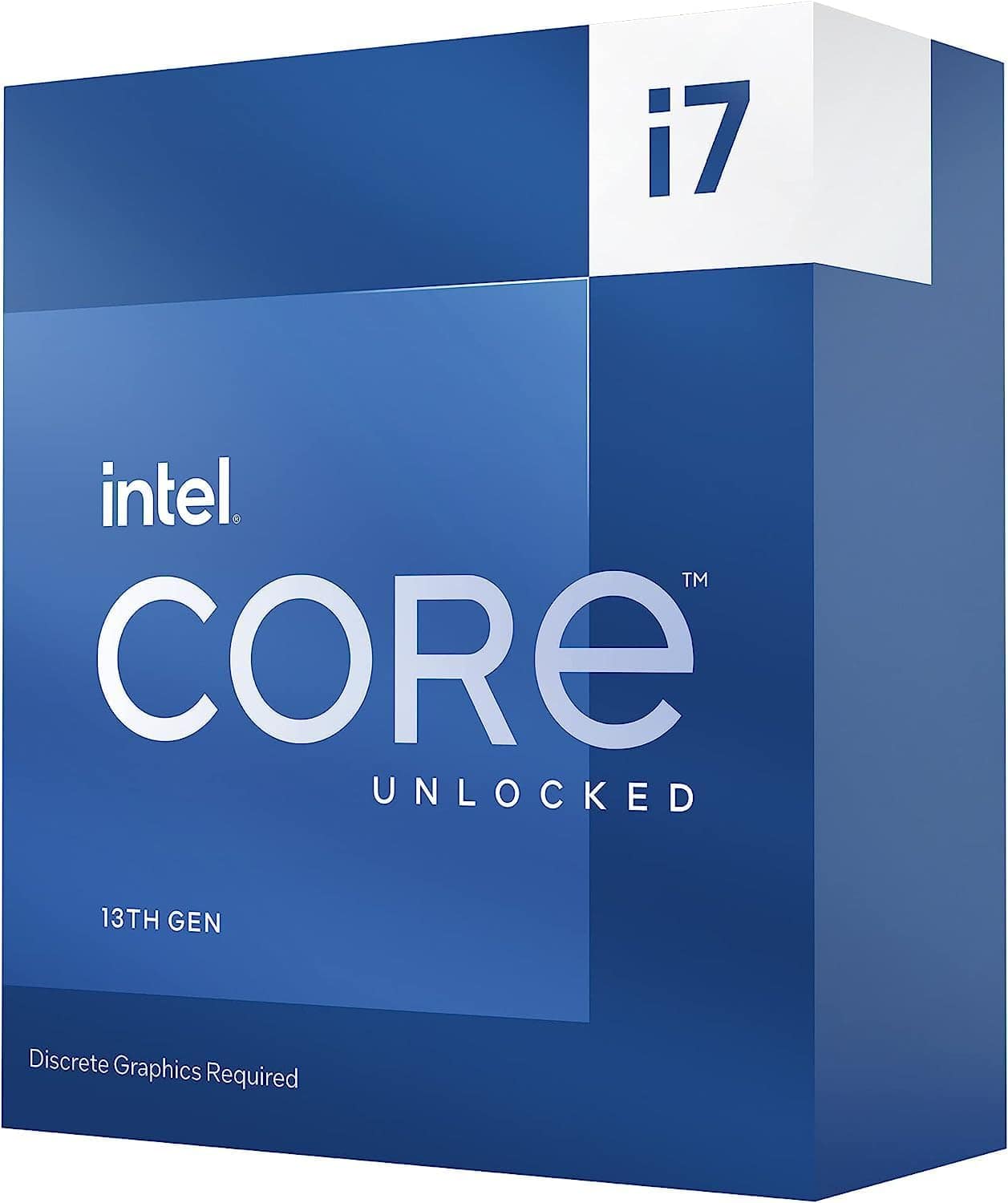
Intel Core i7-13700KF Gaming Desktop Processor
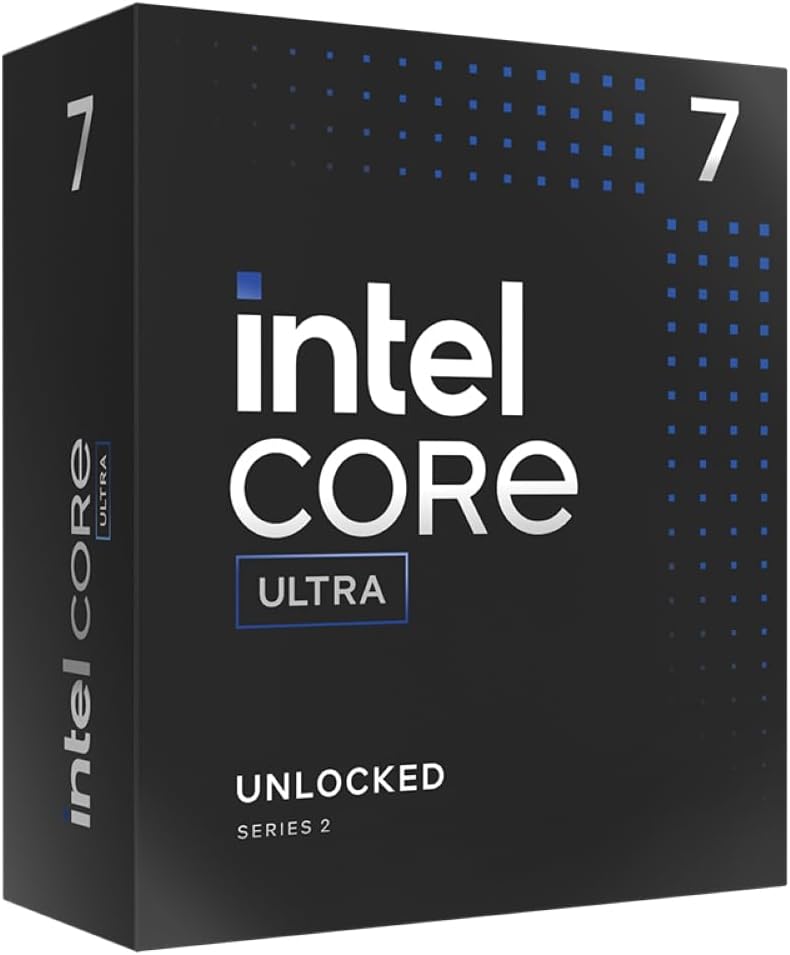
Intel Core Ultra 7 Desktop Processor 265K

AMD RYZEN 7 9800X3D
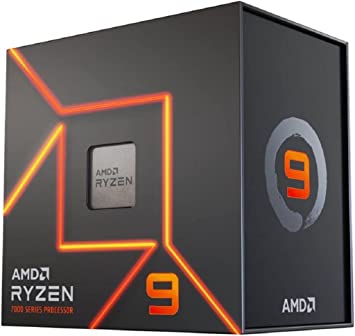
AMD Ryzen 9 7950X
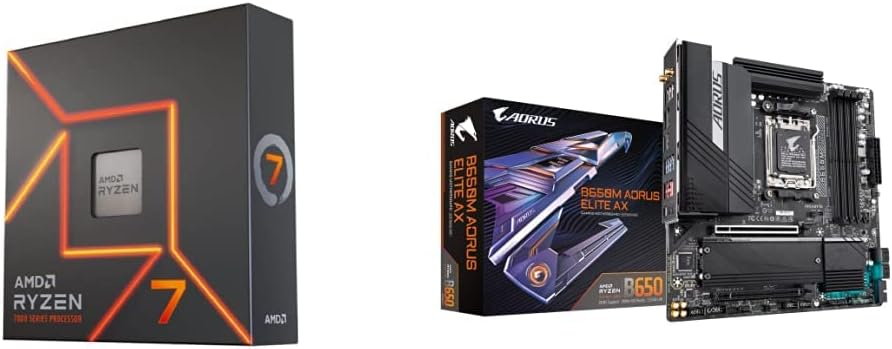
AMD Ryzen 7 7700X + GIGABYTE B650M AORUS ELITE AX Motherboard
Verdict
We chose the Ryzen 7 9700X as the best processor for streaming as it has 8 cores, good performance, falls in the middle of the Ryzen 9000 family, and has excellent value for money. It also showcased good encoding results, and it should be able to easily handle the demand of gaming and streaming in parallel without compromising performance on either end.


